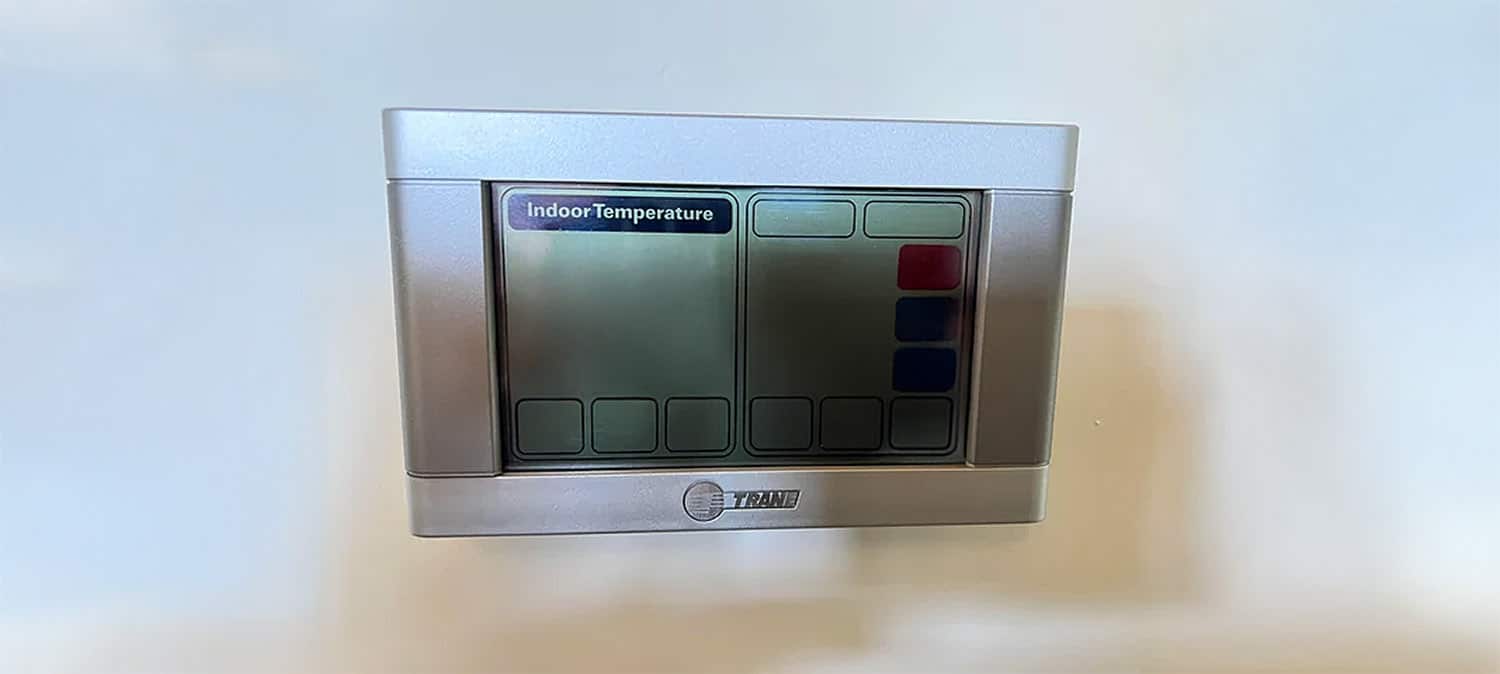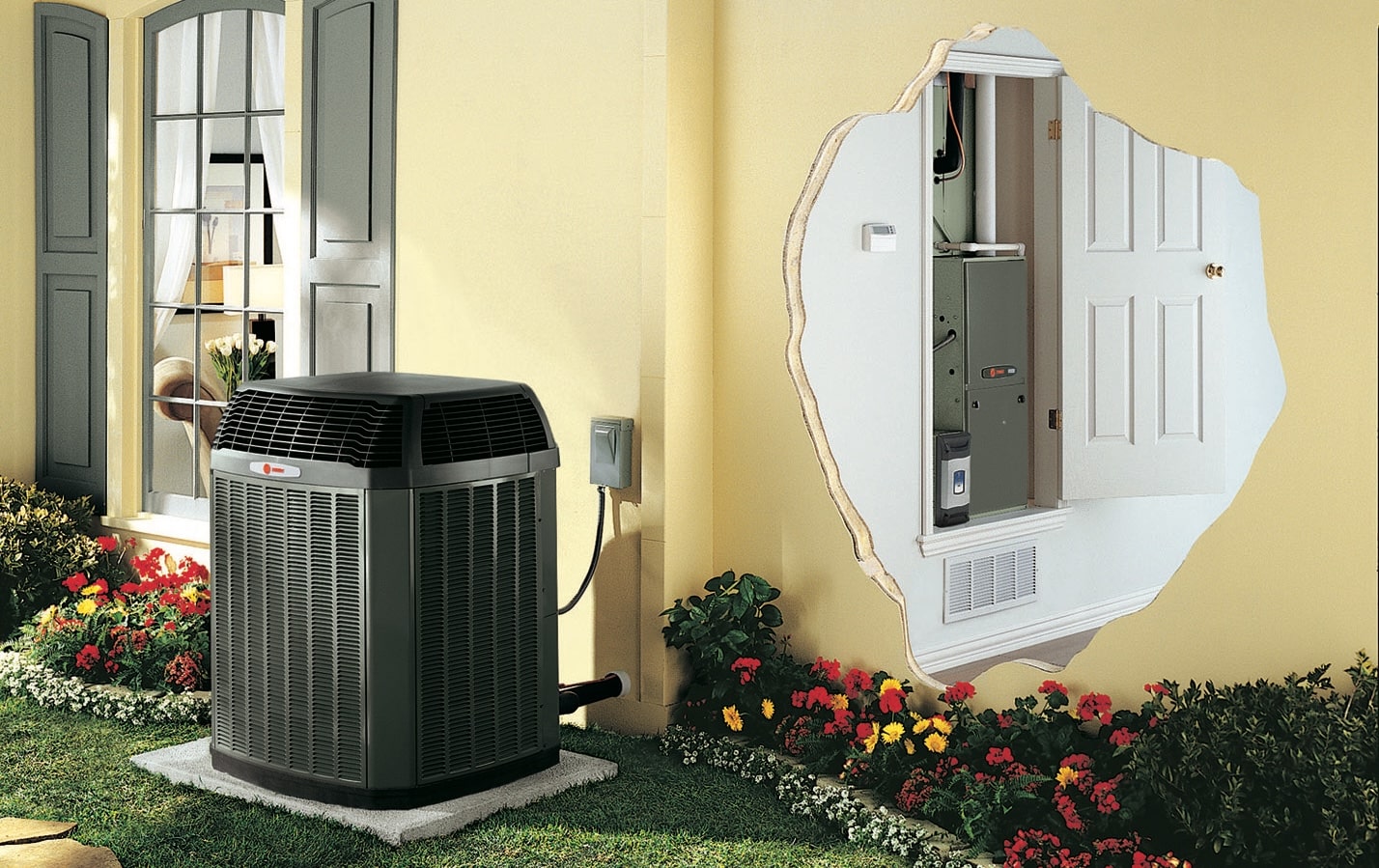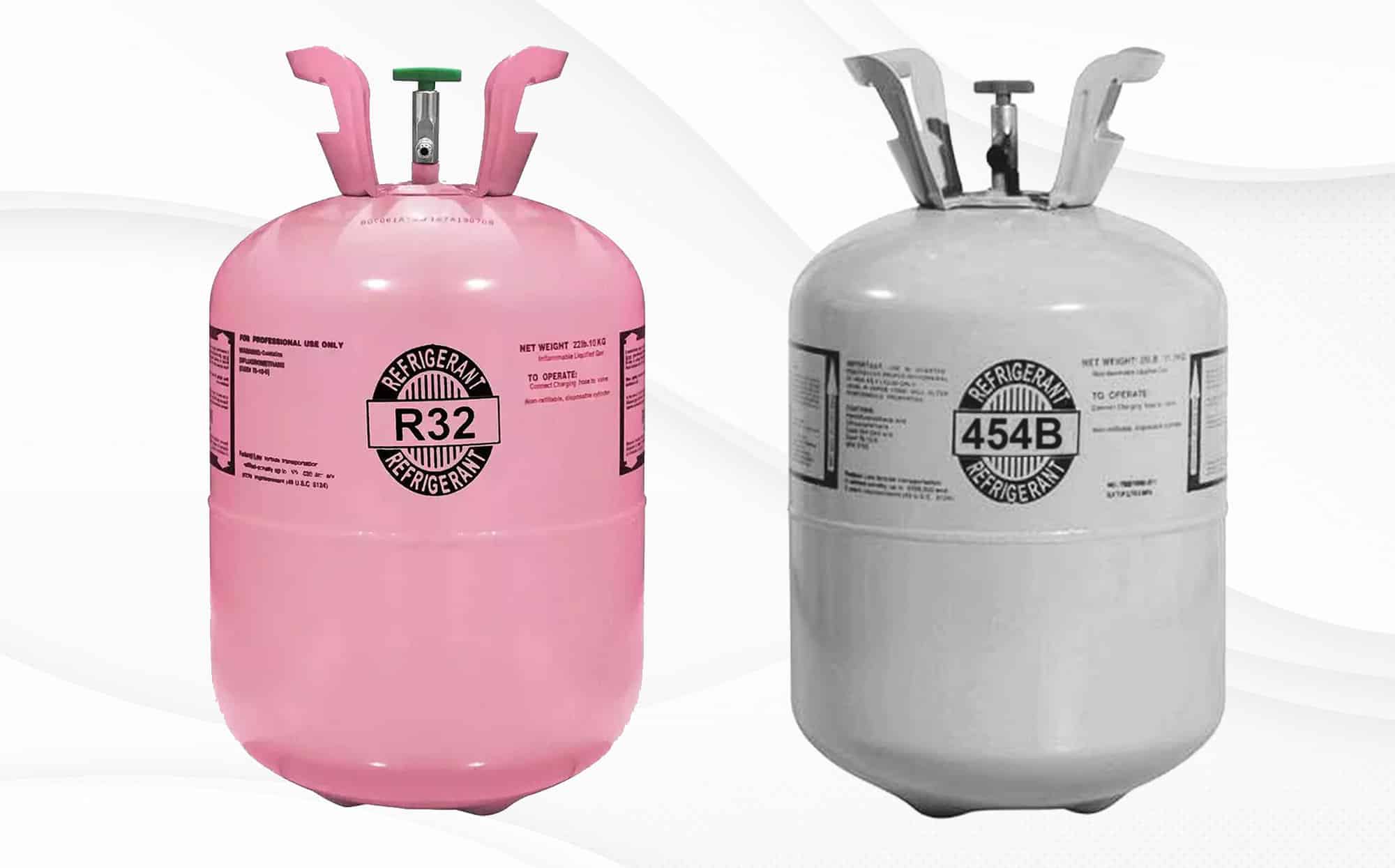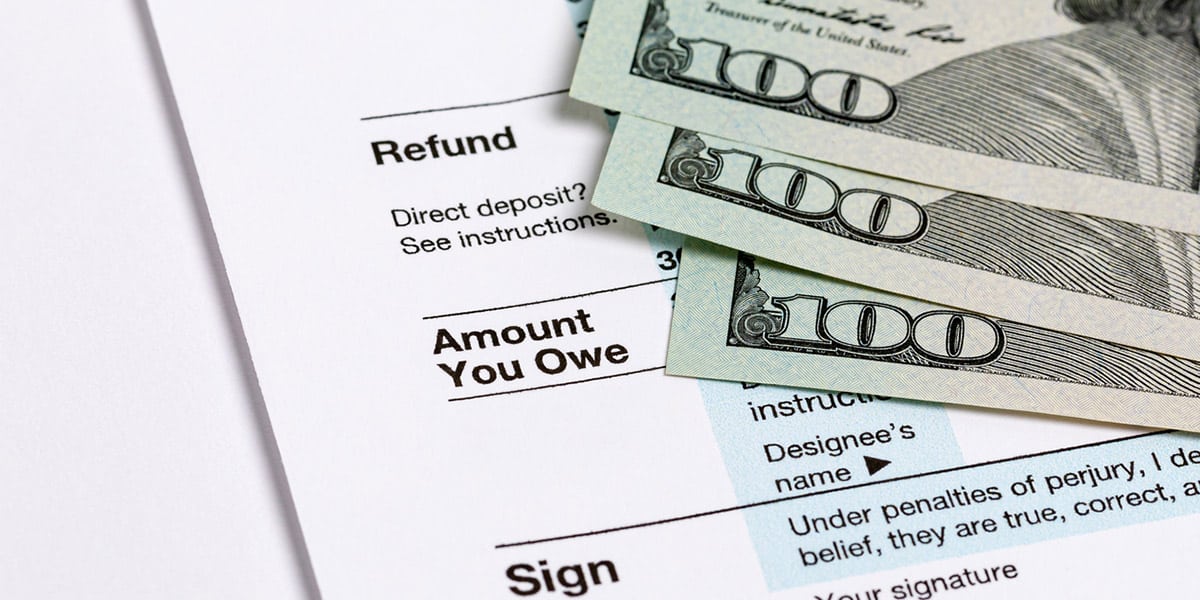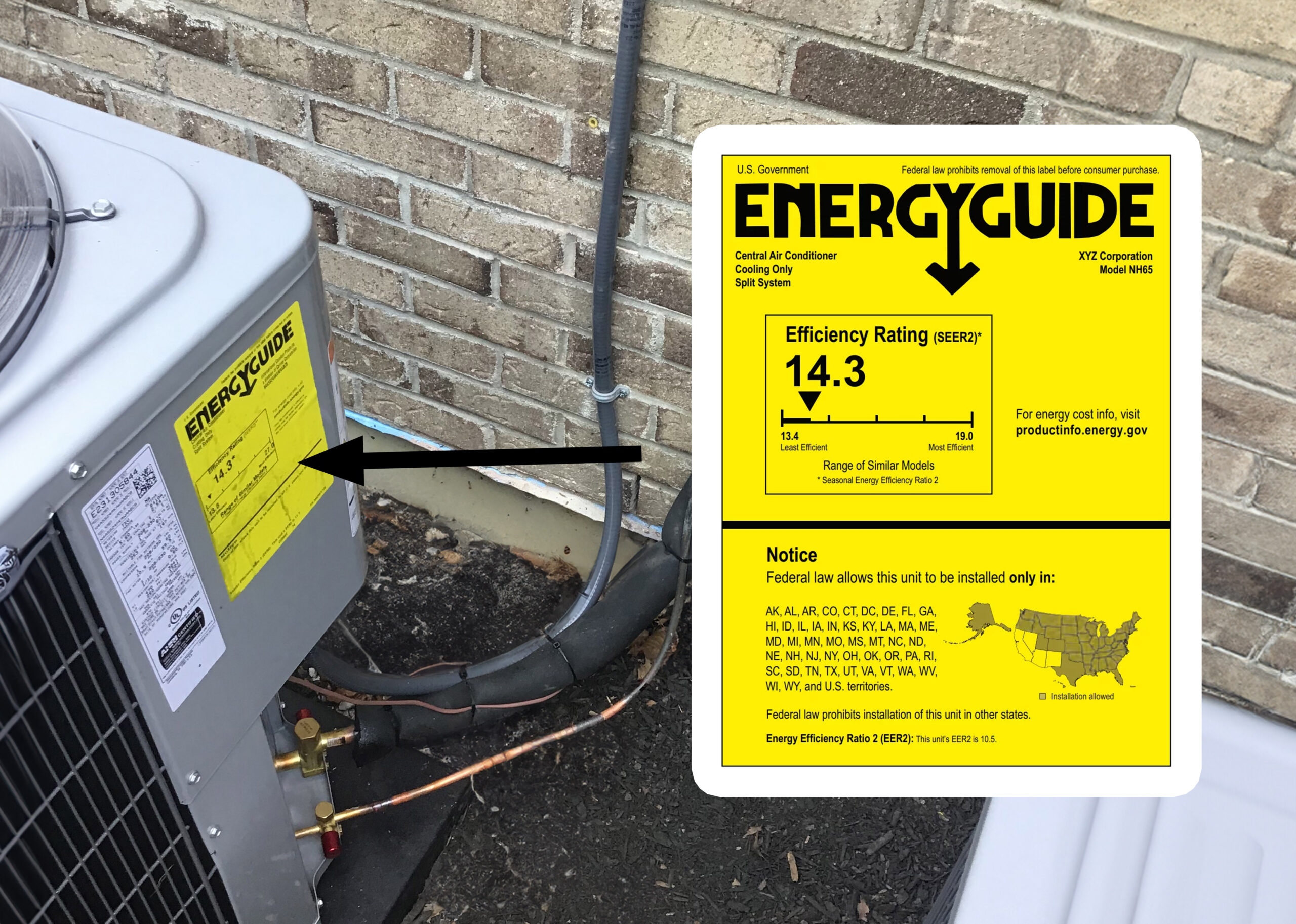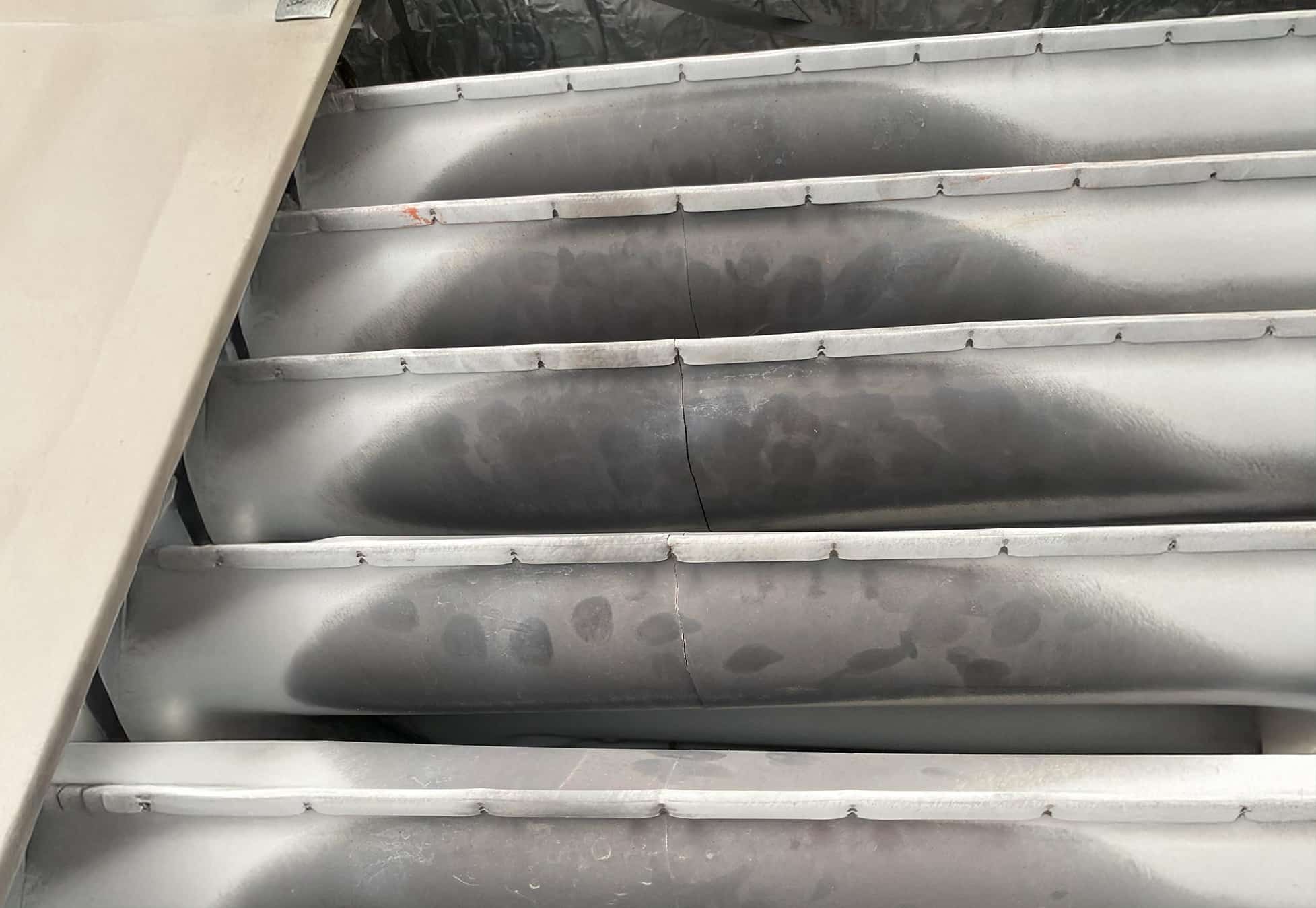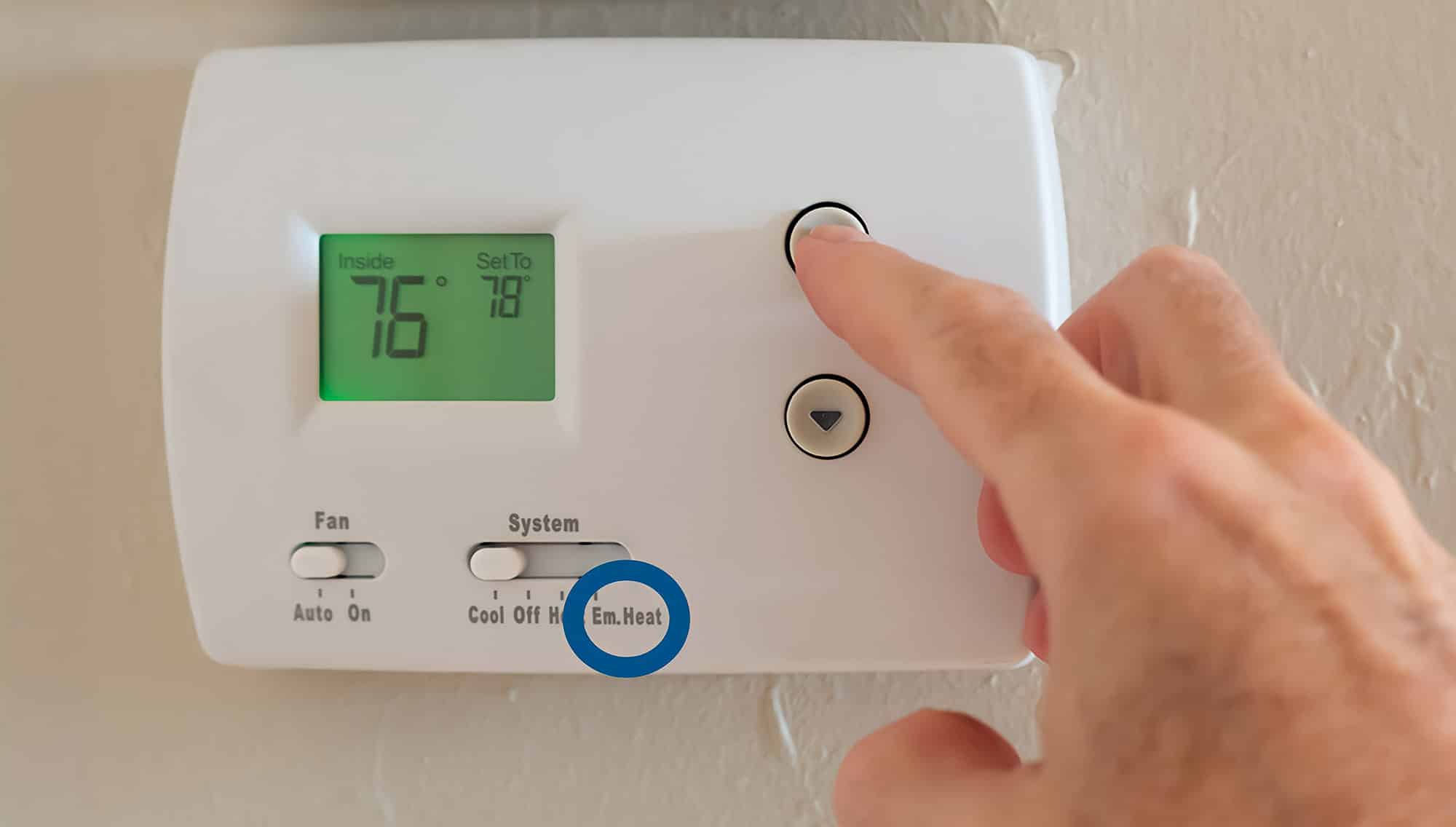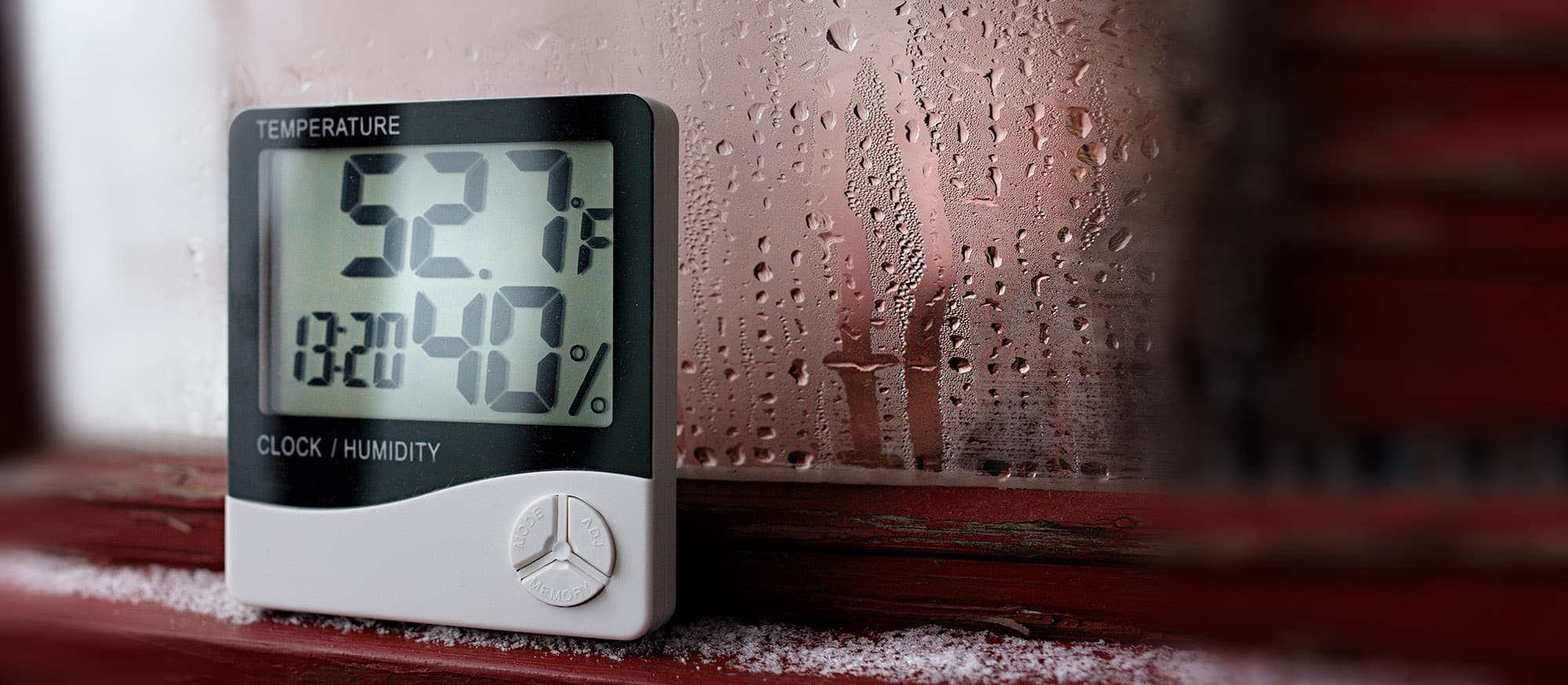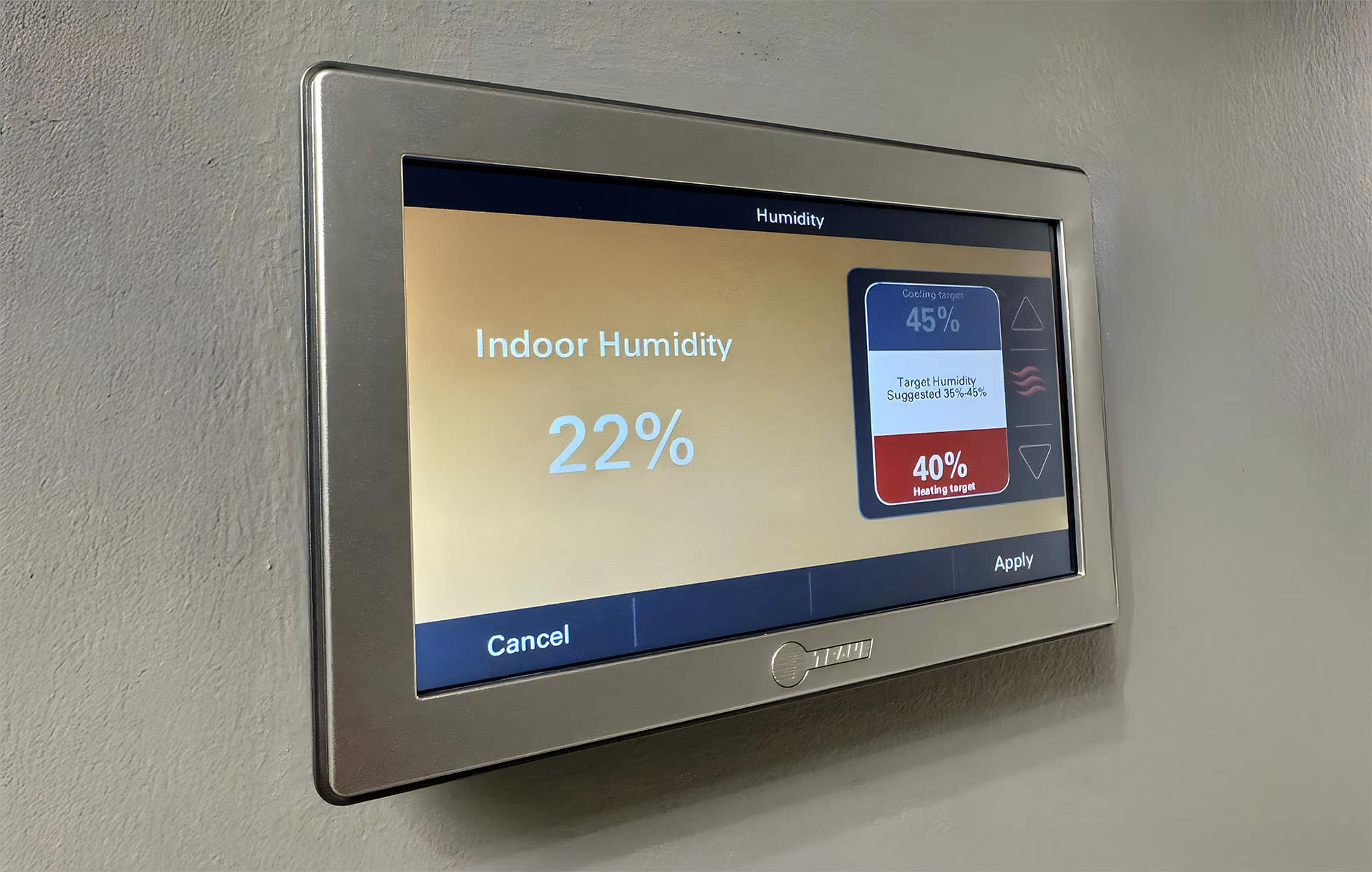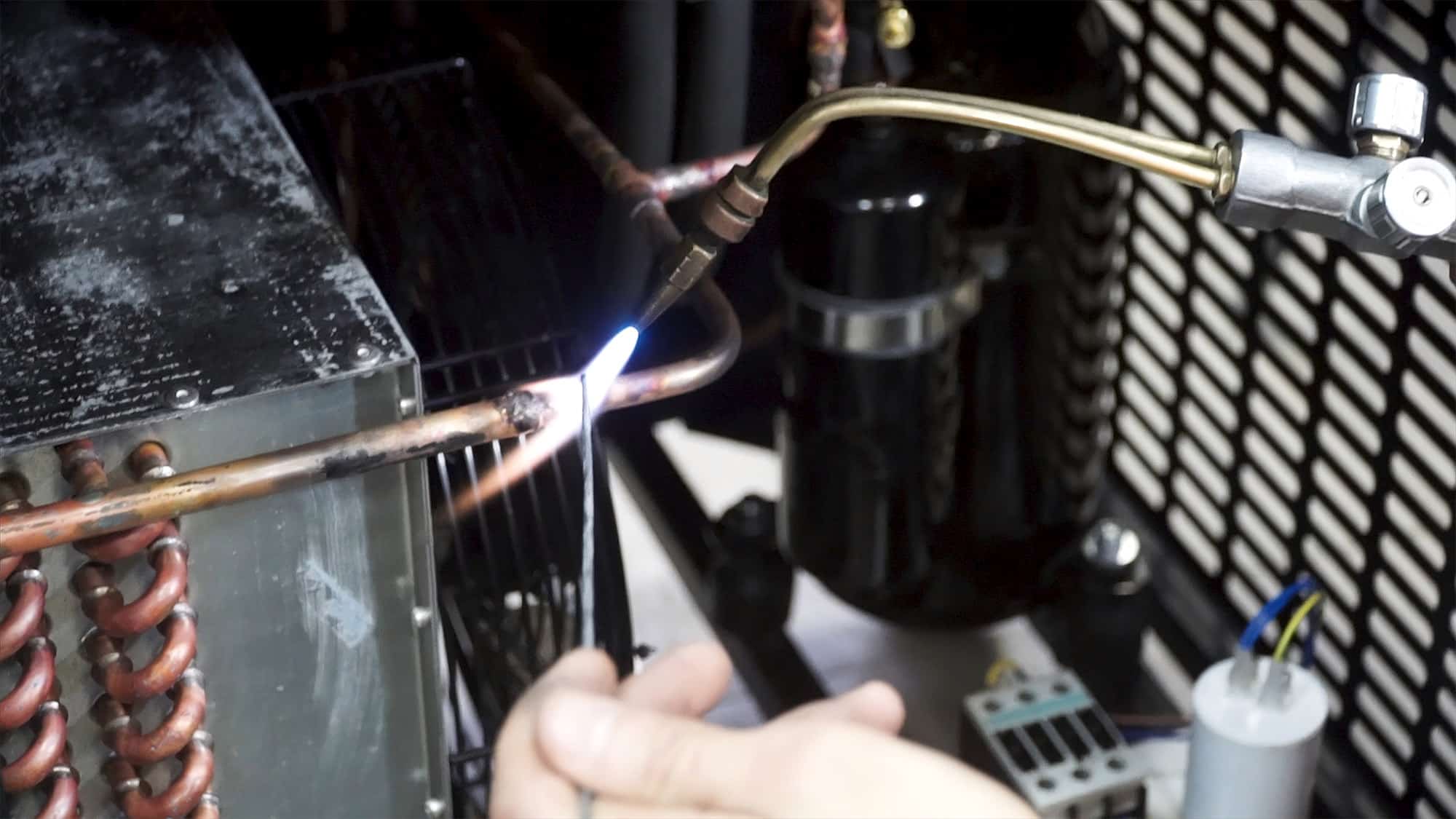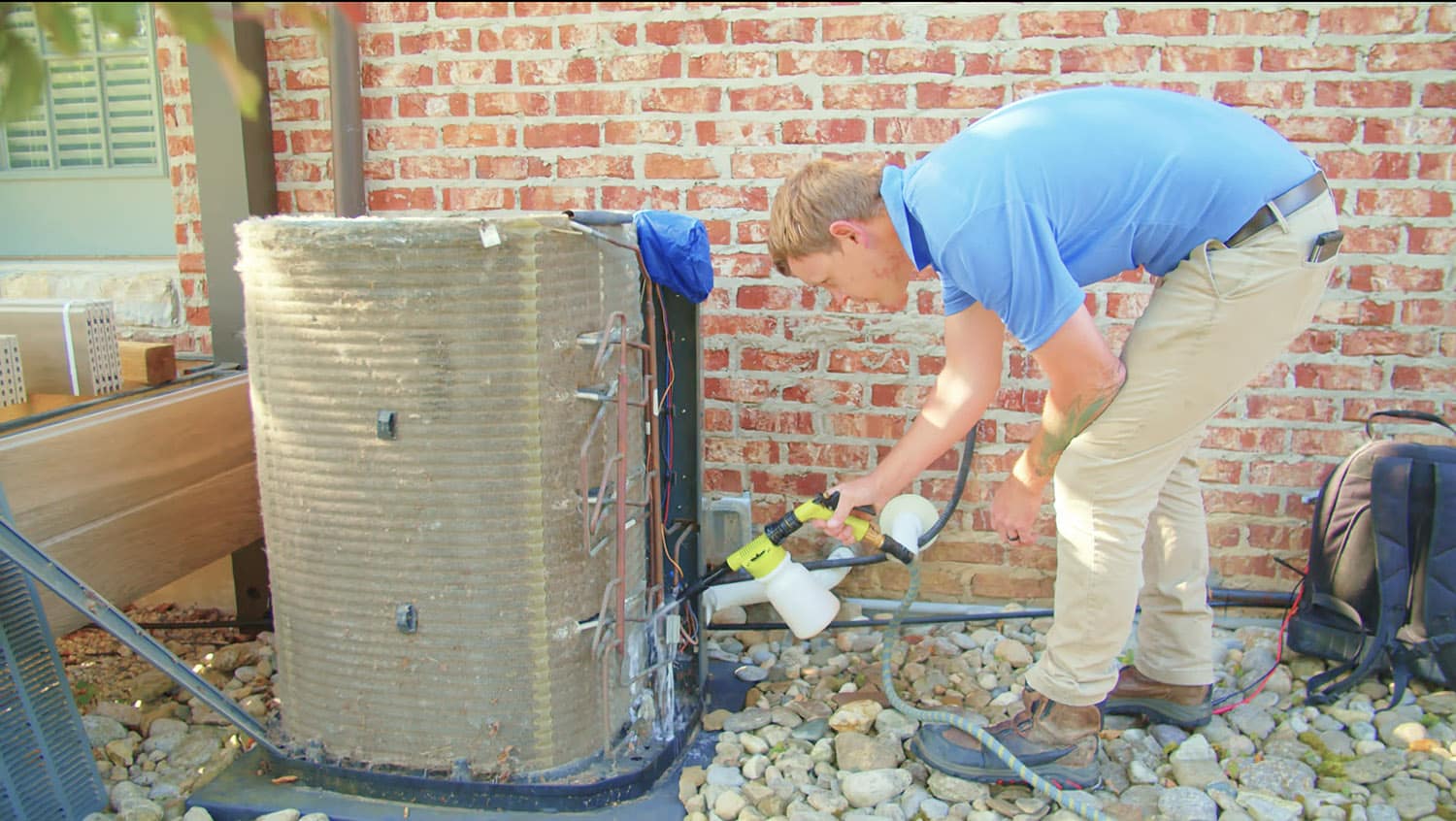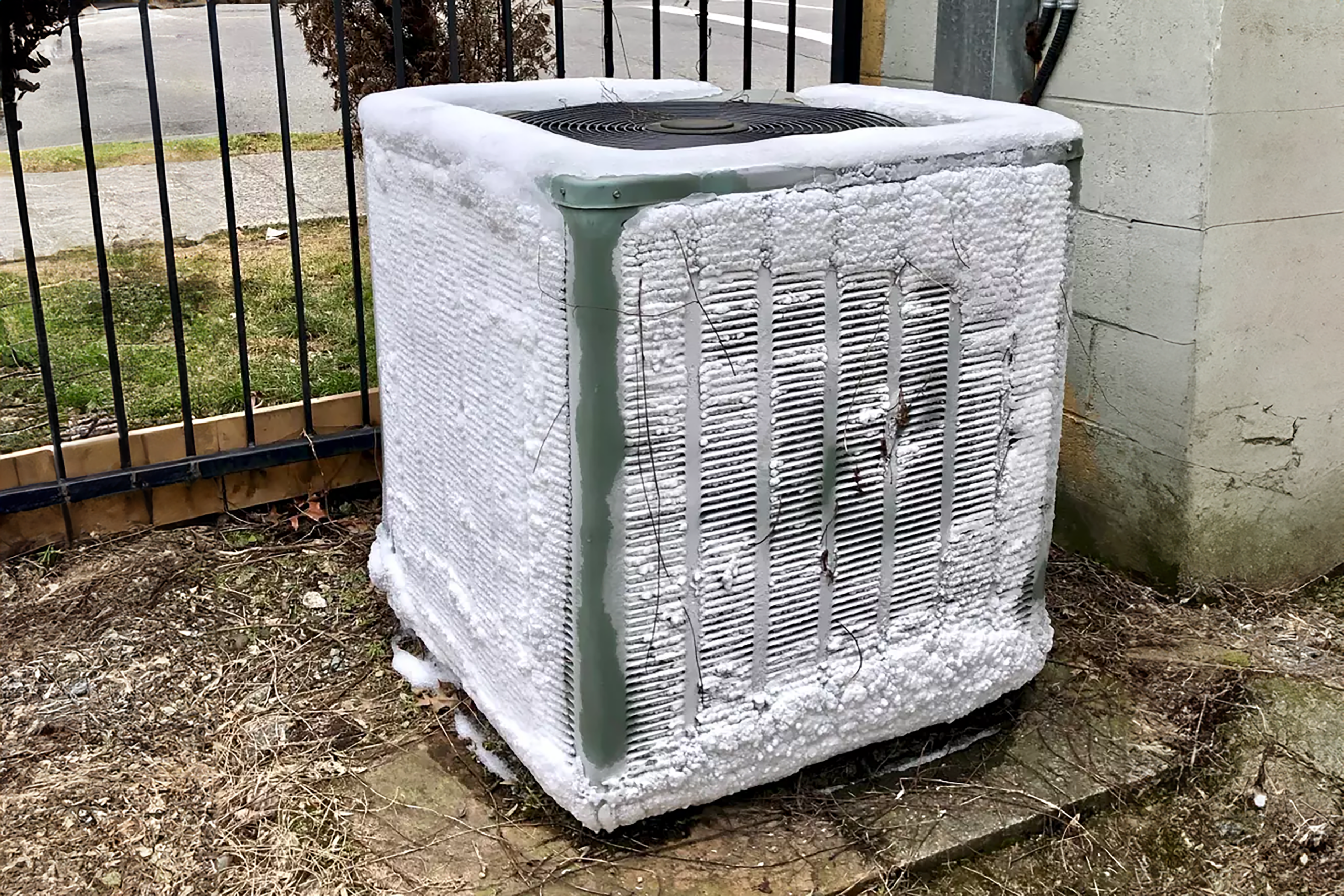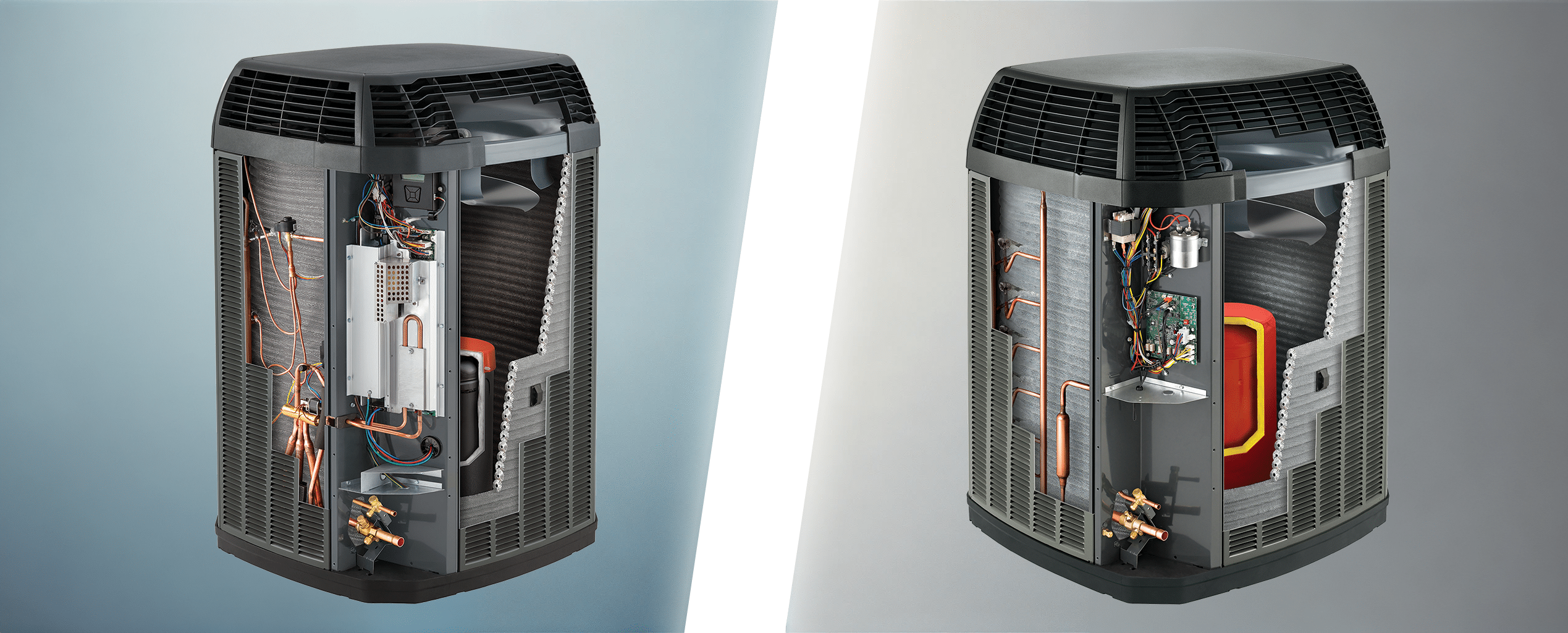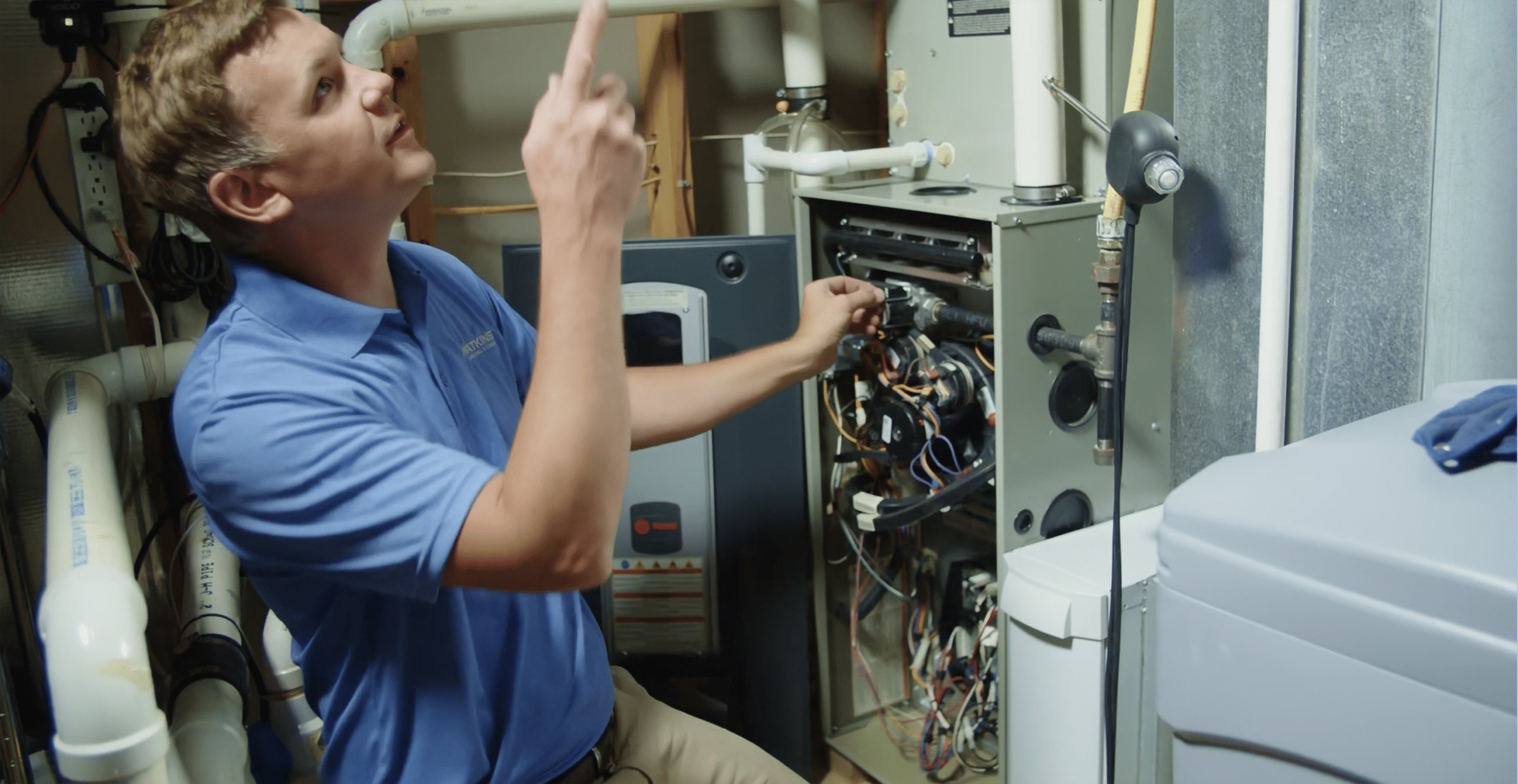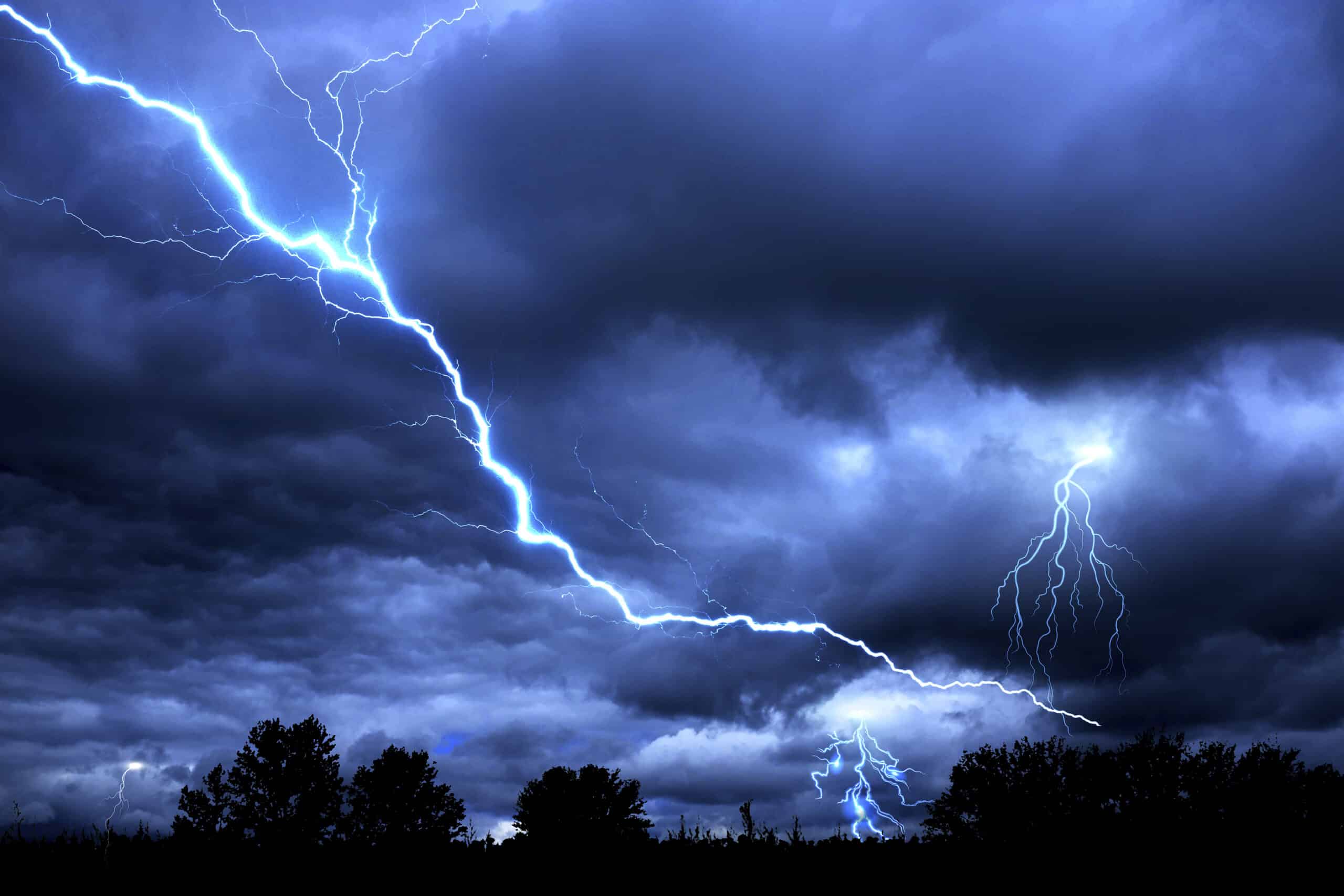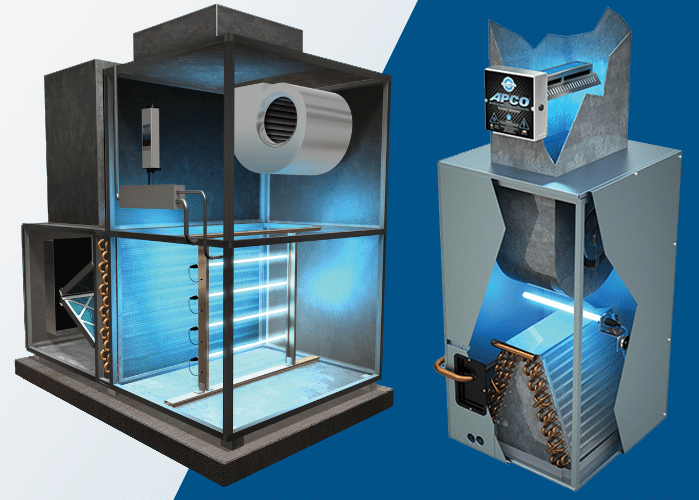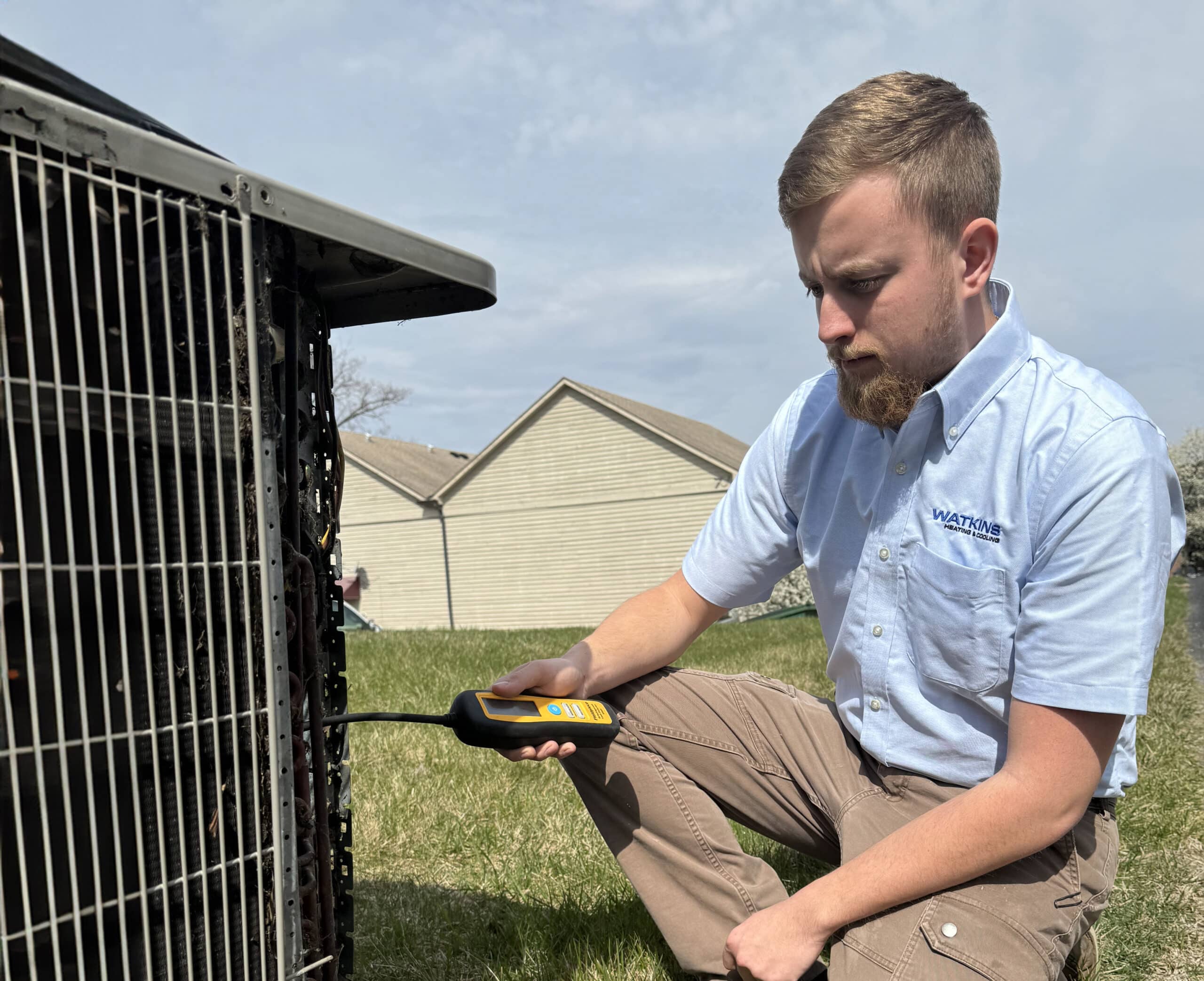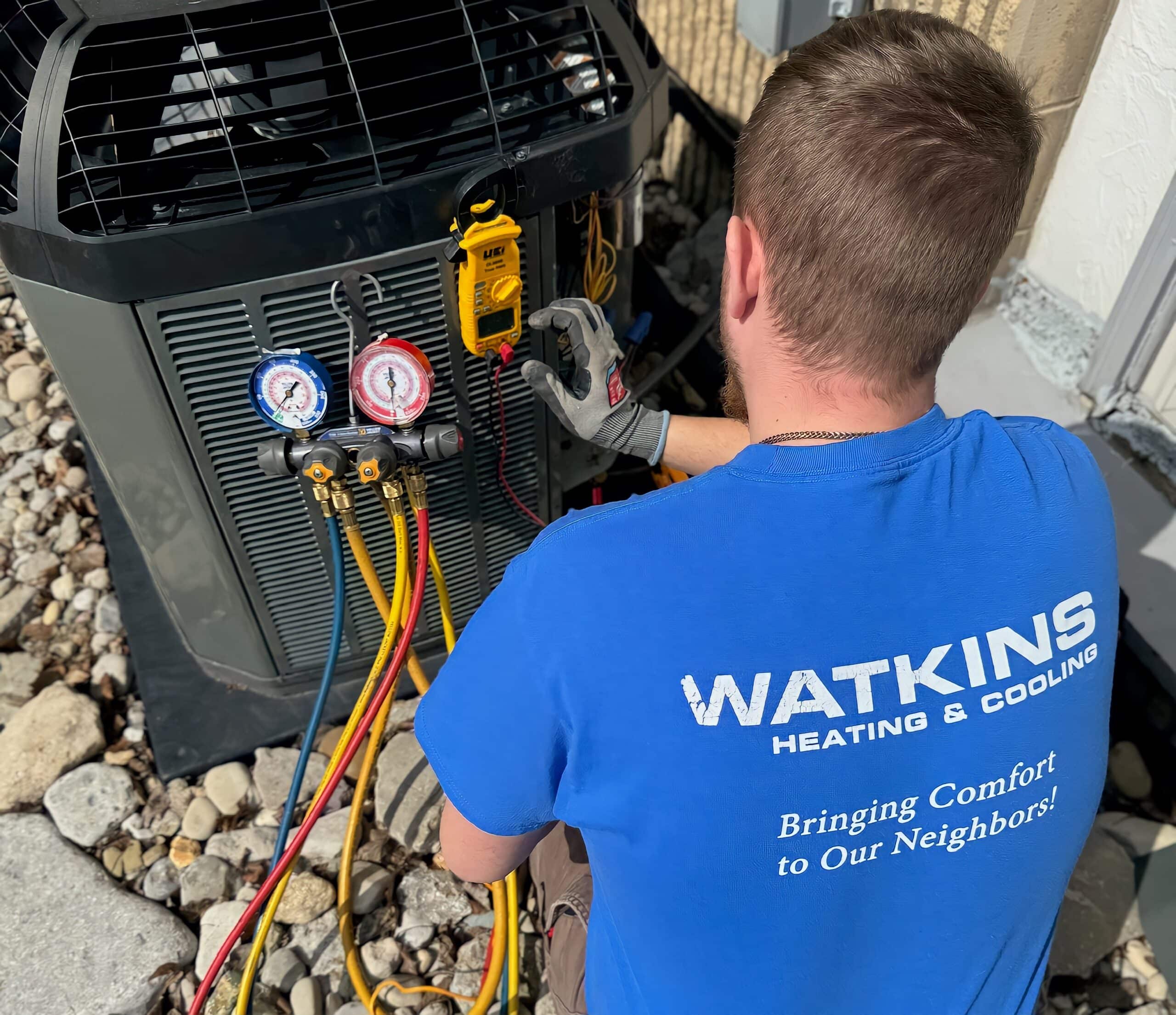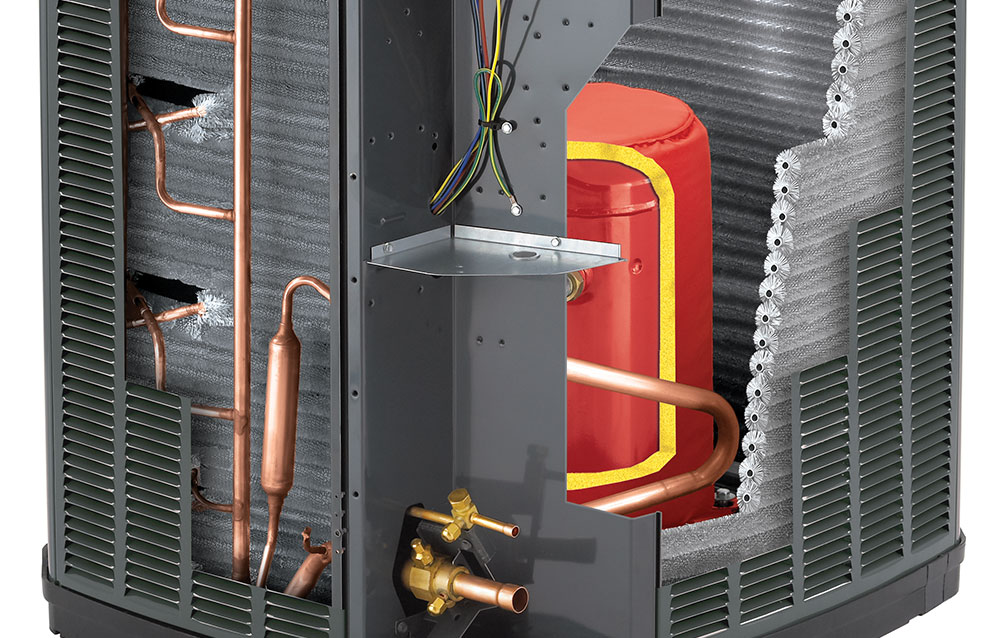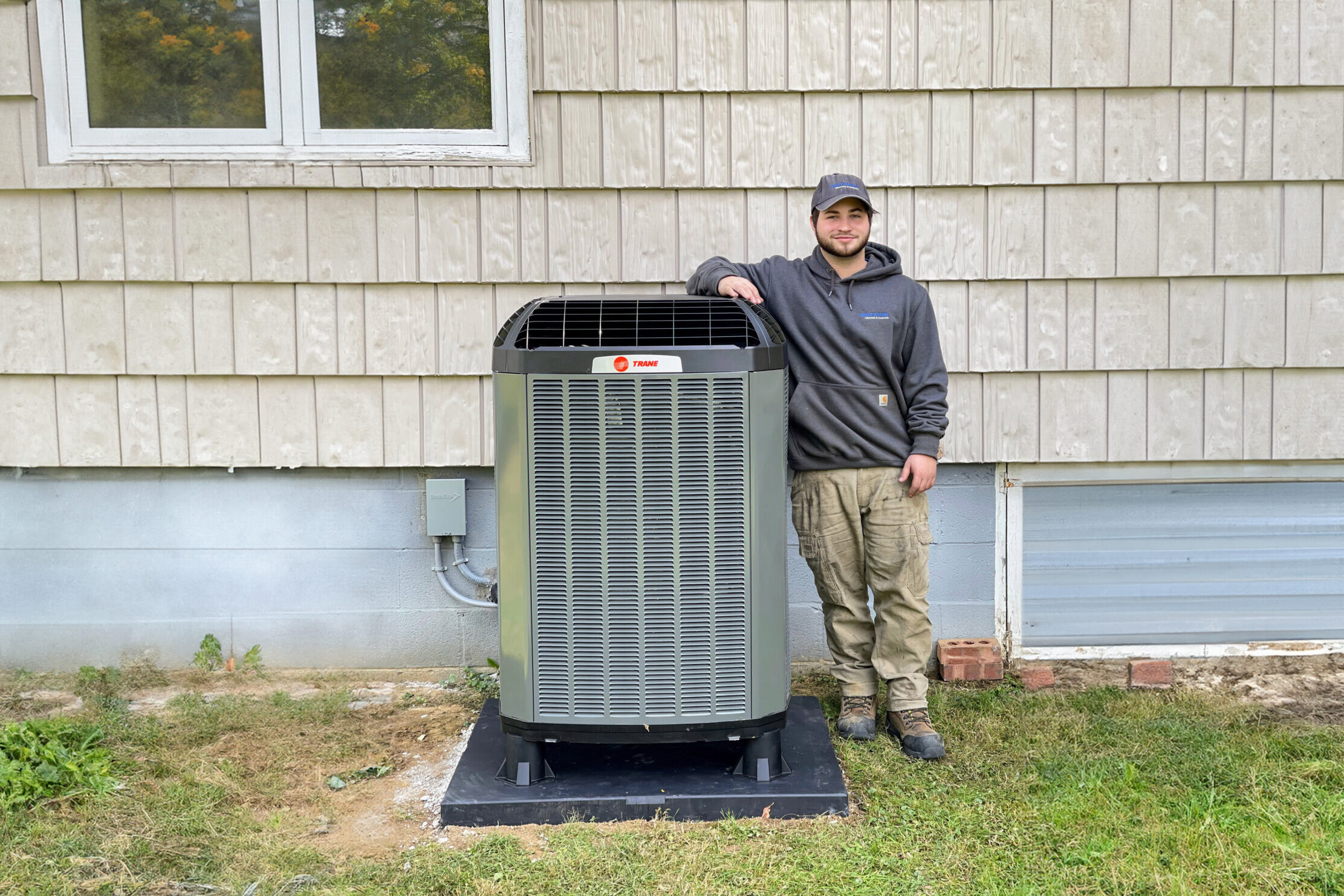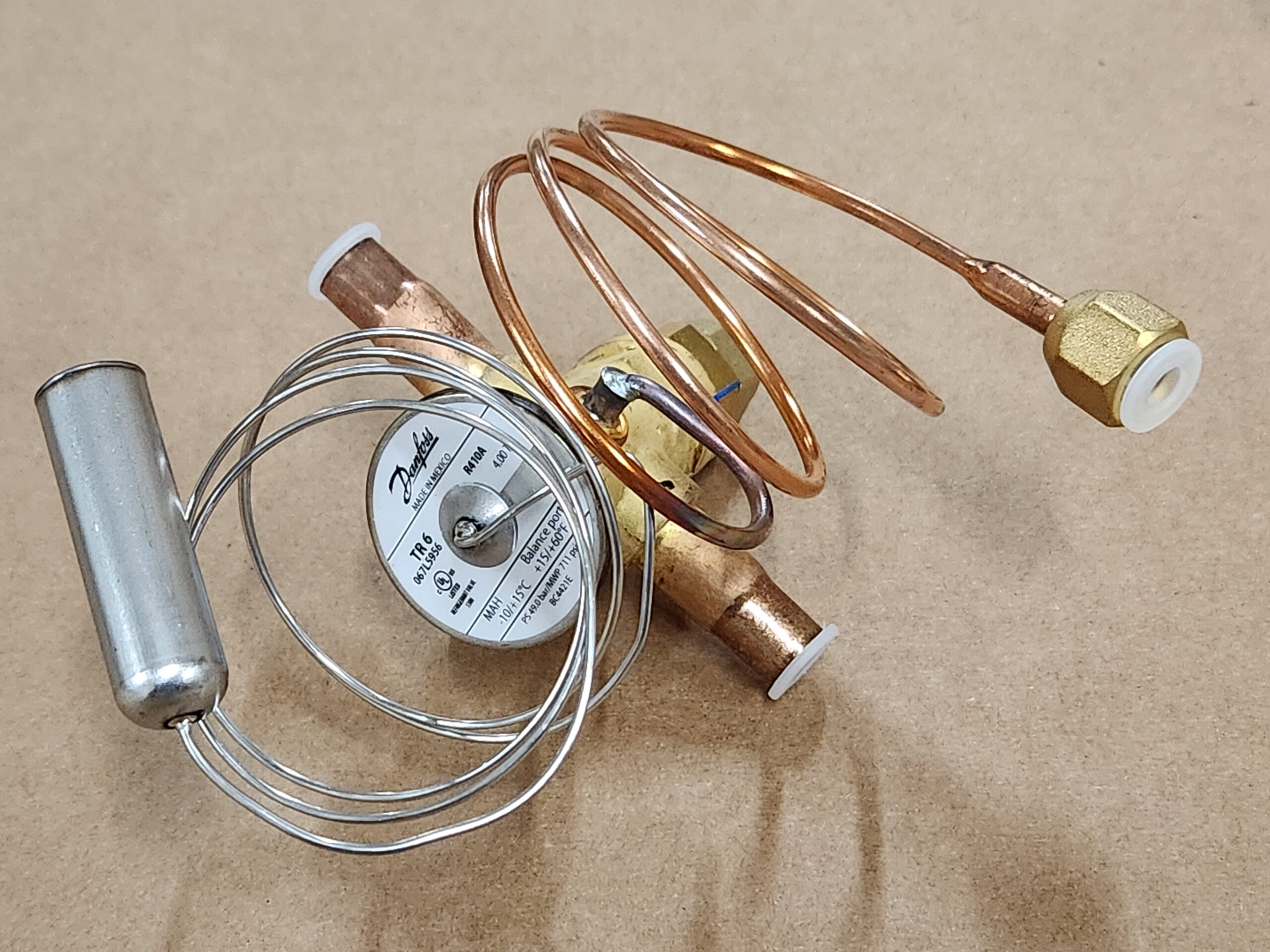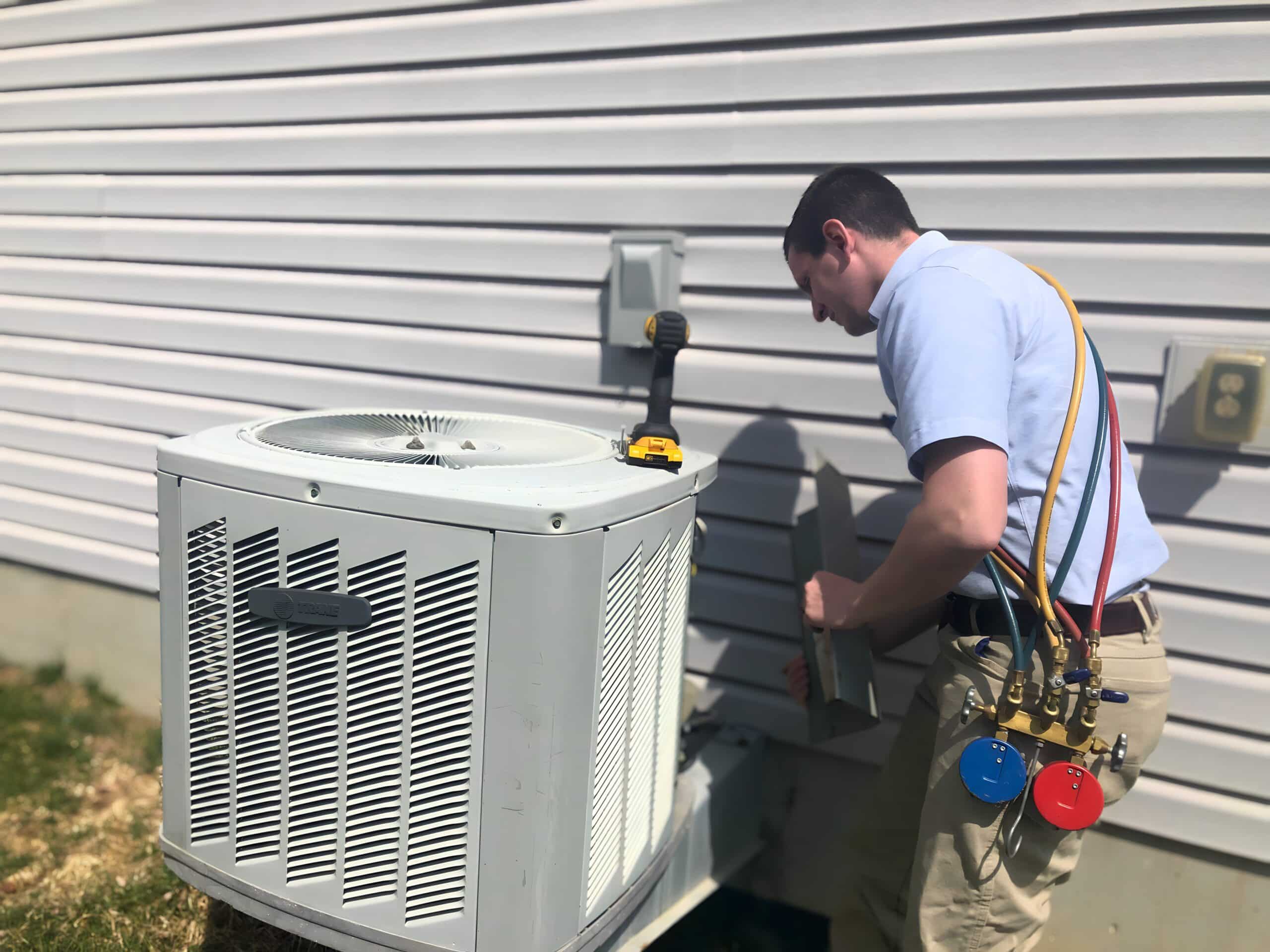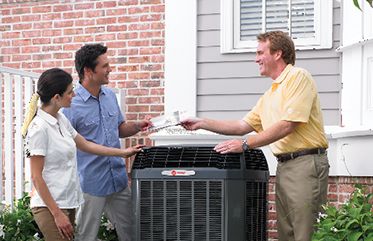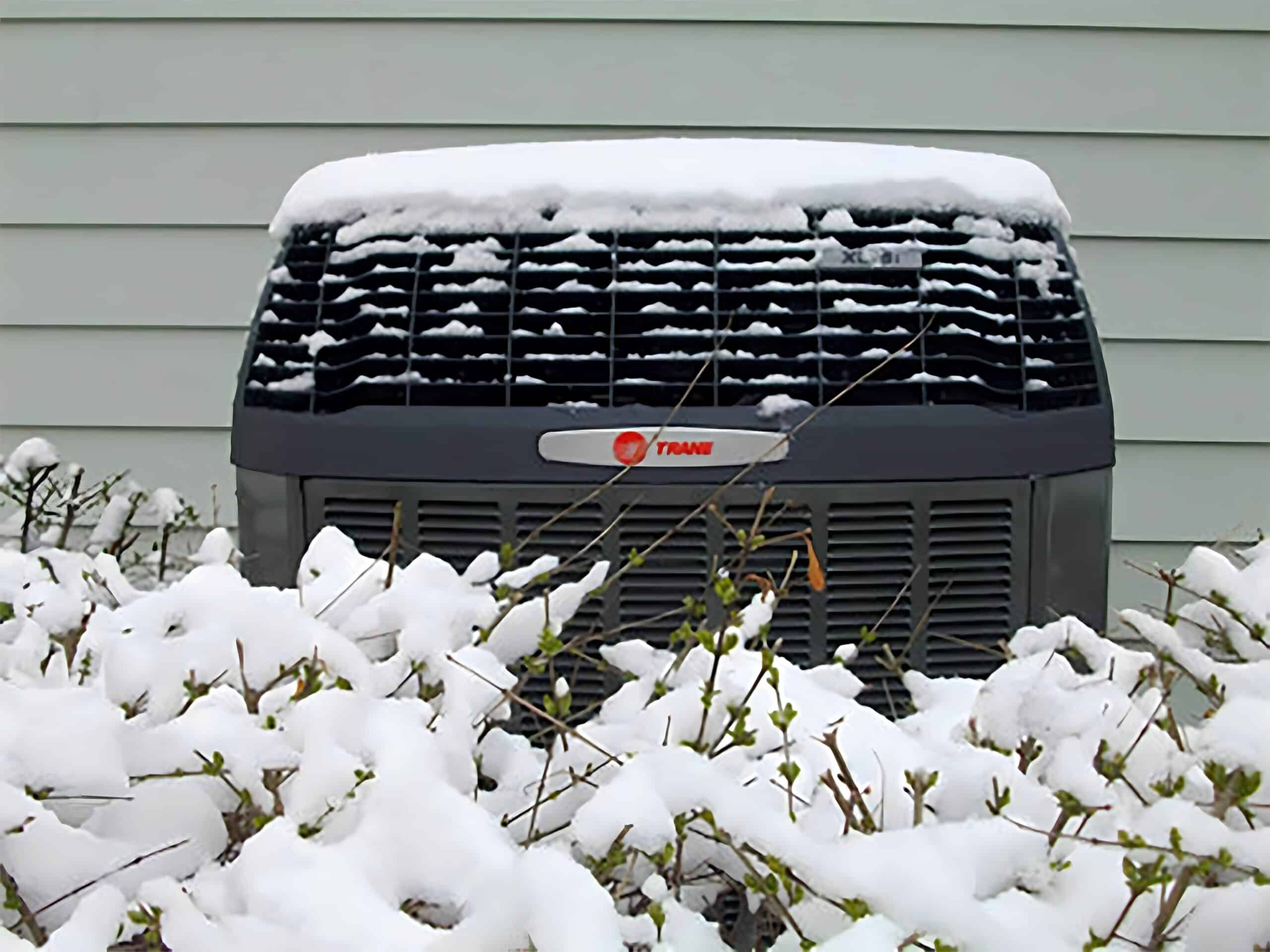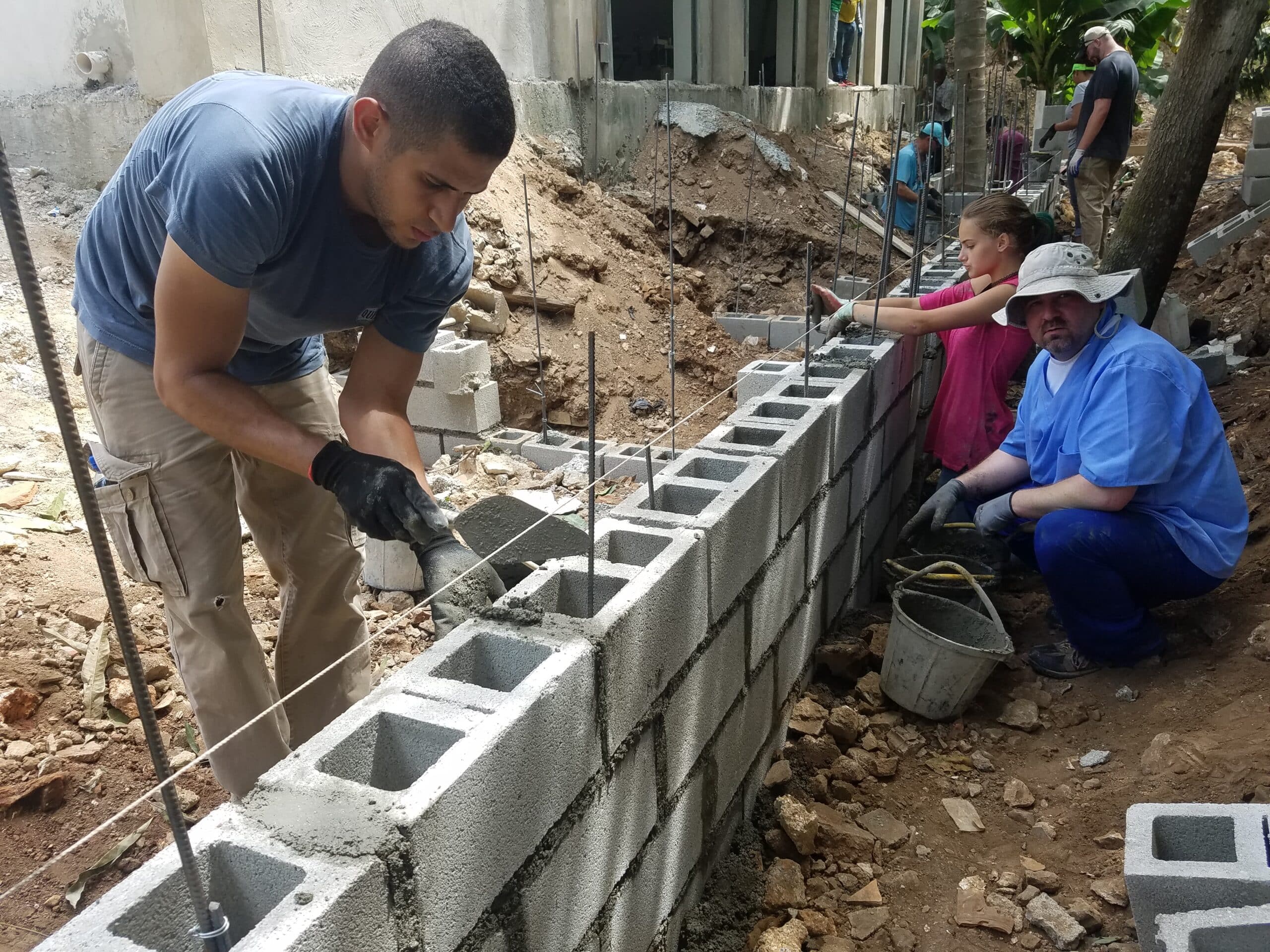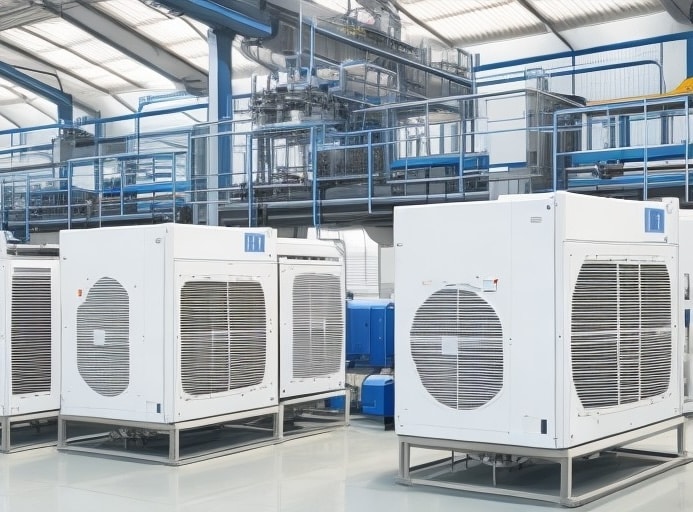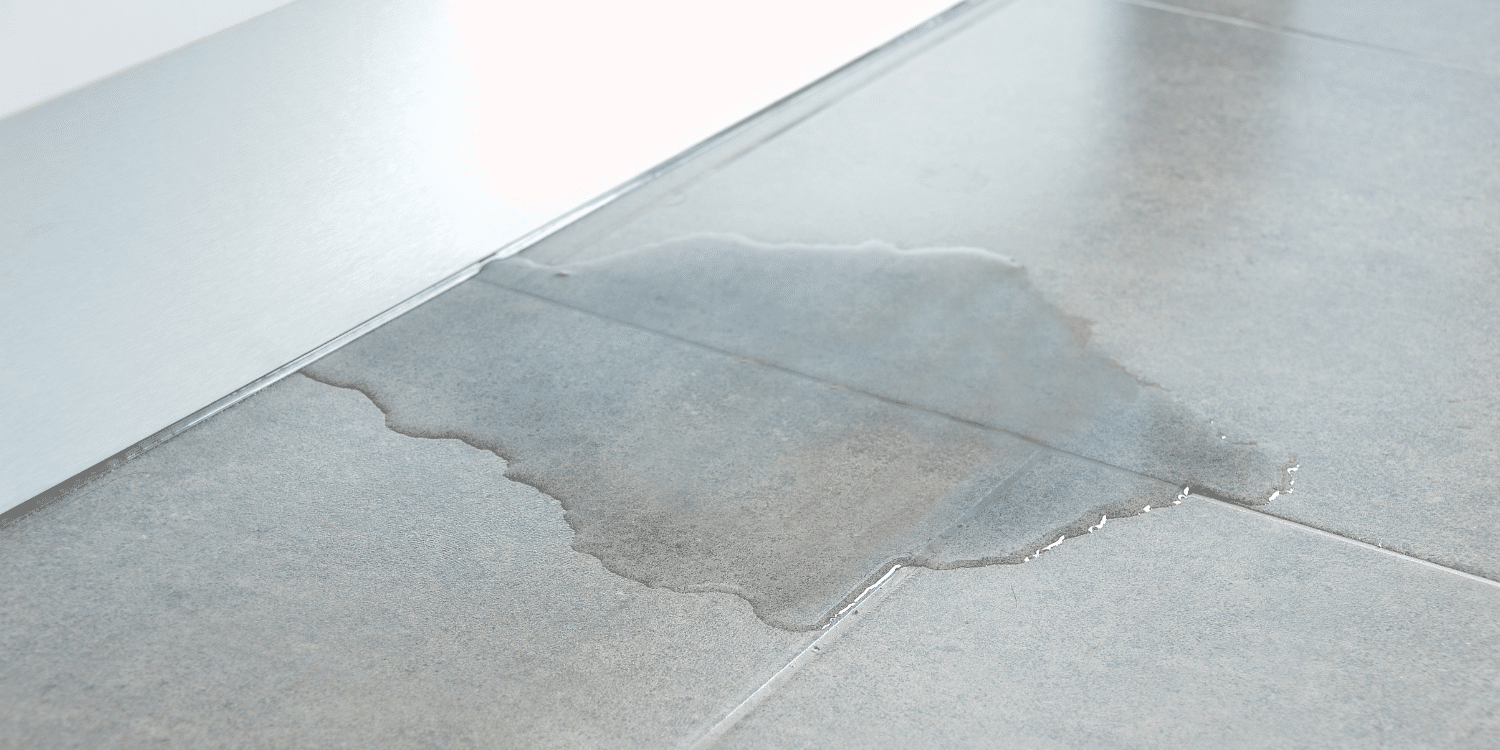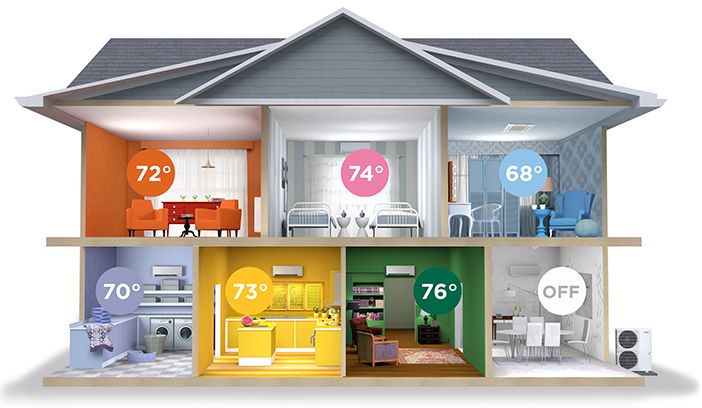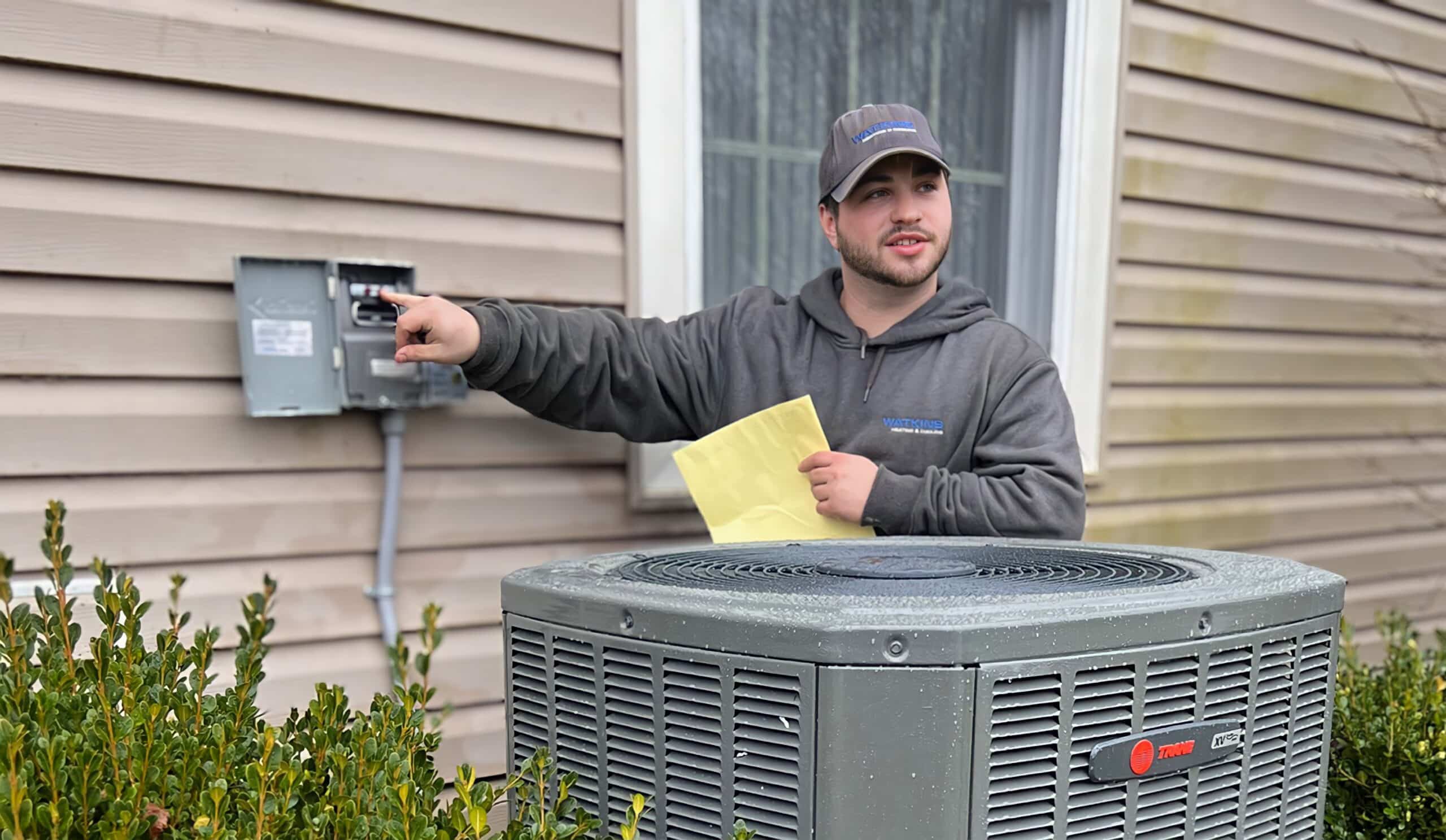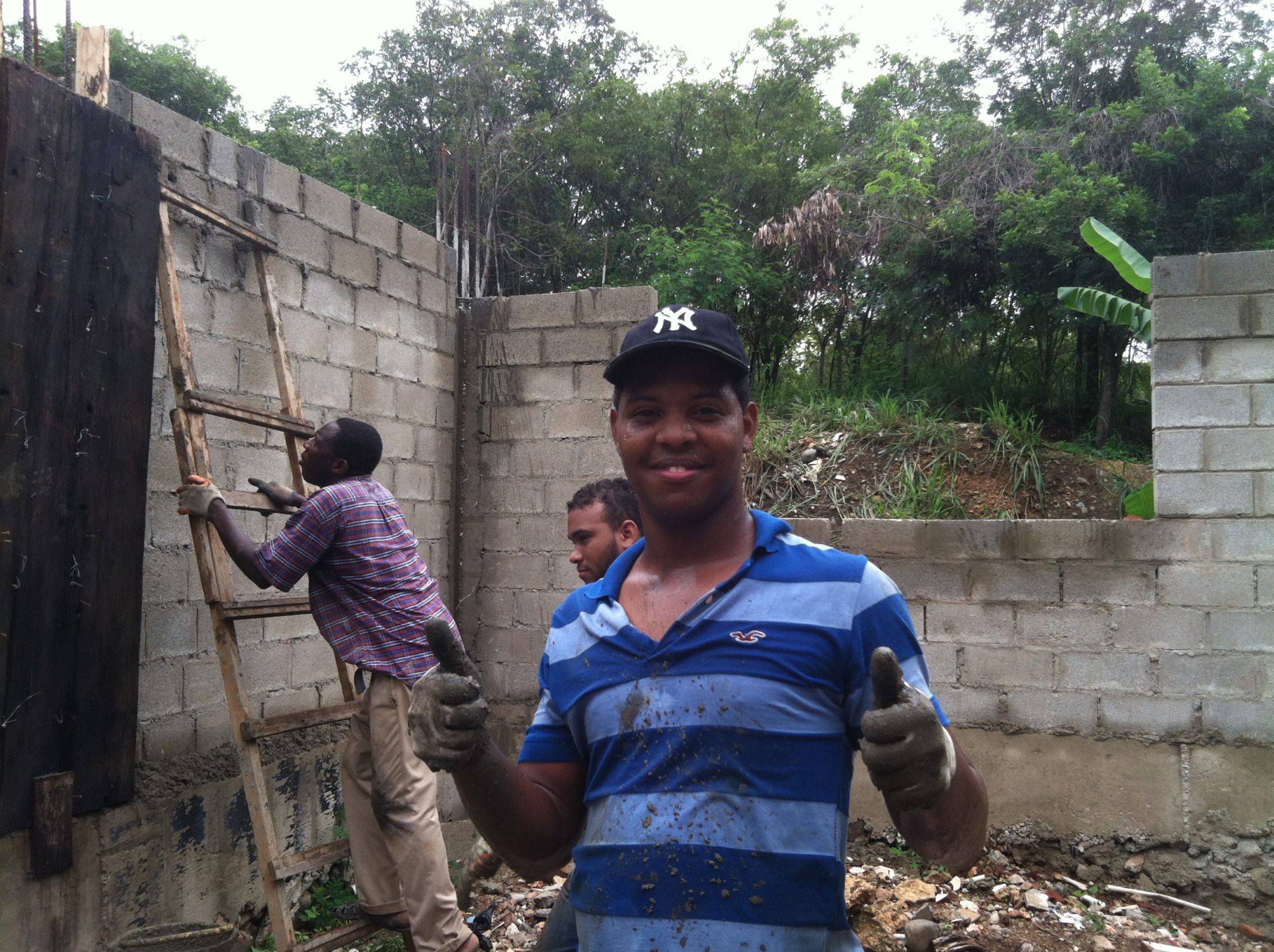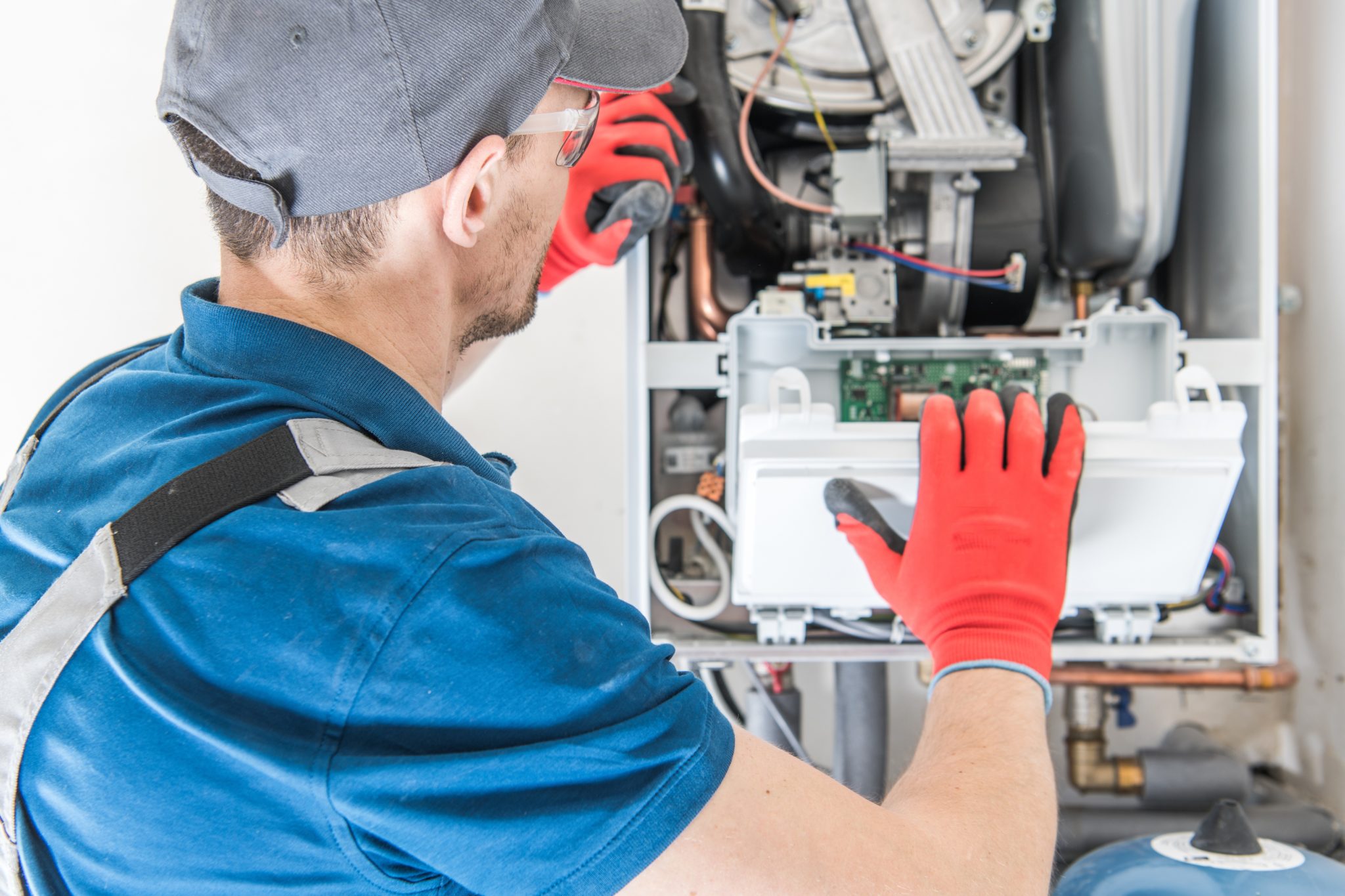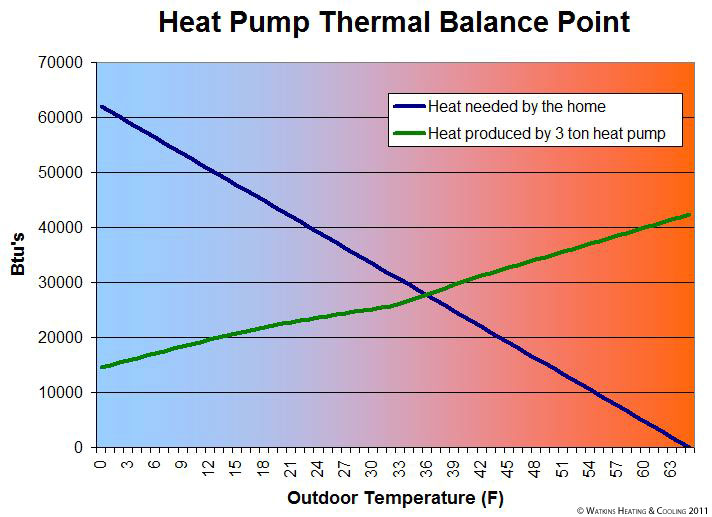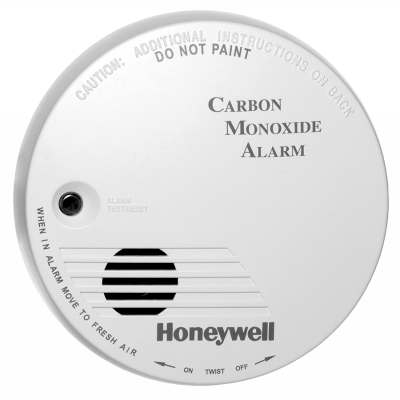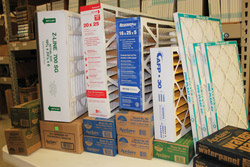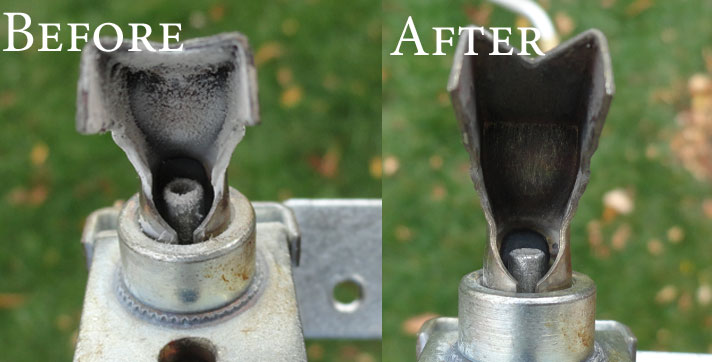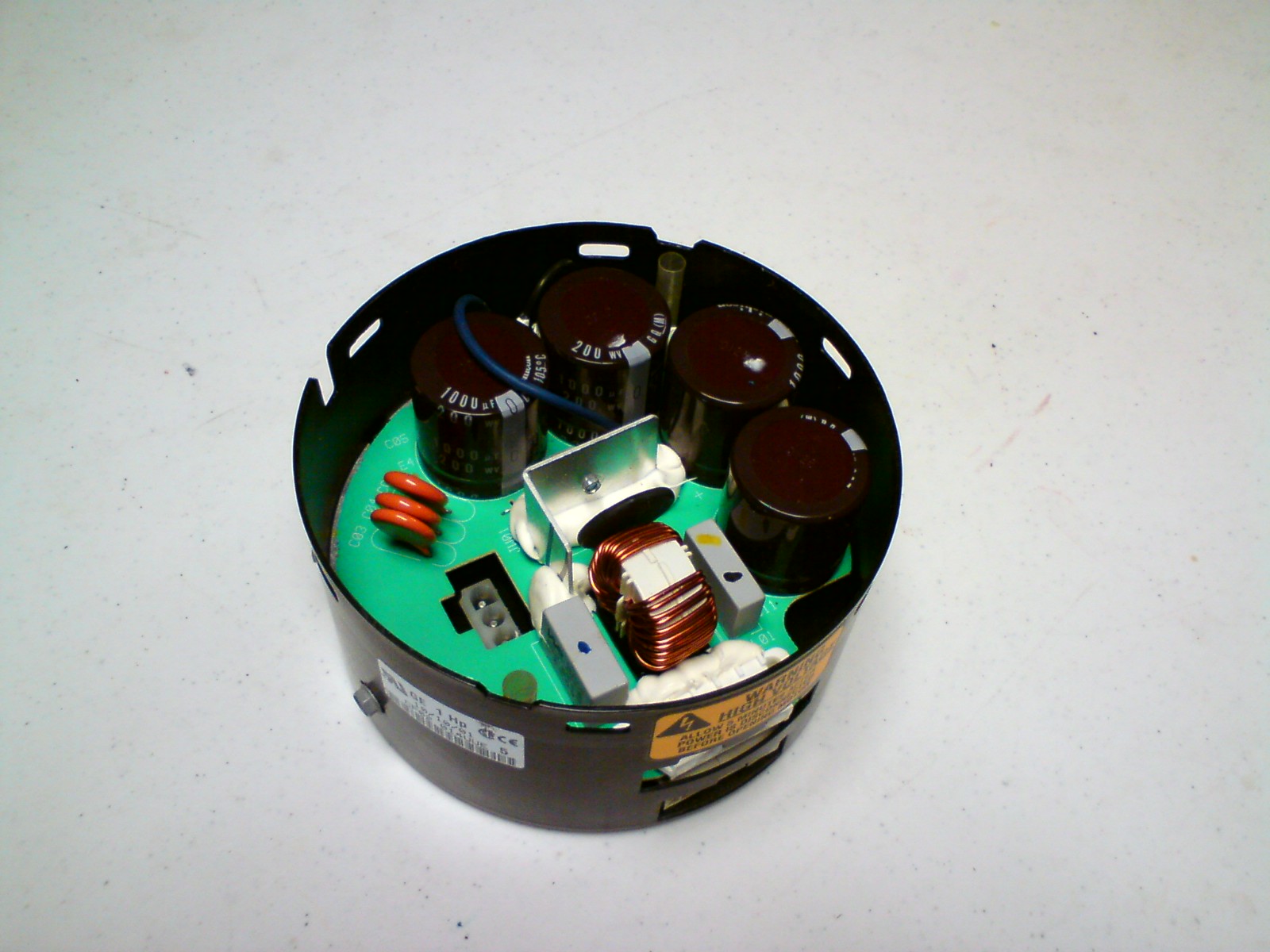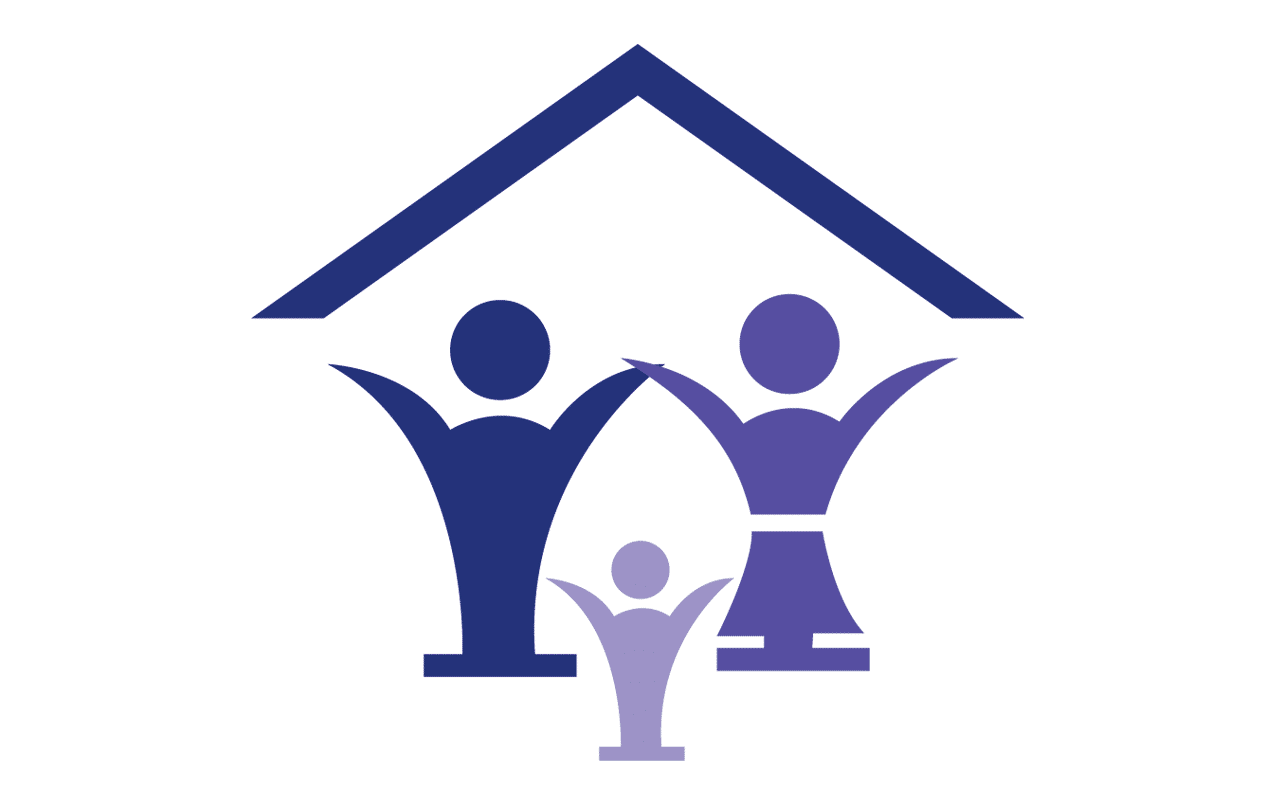Top 10 Most Common HVAC Issues and How to Prevent Them
A well-functioning HVAC system is essential for maintaining a comfortable and healthy living environment in your home. However, HVAC systems are complex and can experience various issues, leading to decreased performance, discomfort, or even costly repairs. In this article, we will discuss the top 10 most common HVAC issues and provide tips on how to prevent them, helping you keep your home cozy and your HVAC system running
Dirty or Clogged Air Filters can cost you thousands
Clogged filters often plague HVAC systems, leading to a host of problems. When dirt, dust, and debris build up on the filters, airflow becomes restricted, making the system work harder and expend more energy to move air. This increased effort results in higher utility bills and decreased comfort levels. Additionally, a clogged filter can cause the air conditioning unit to freeze up, damaging both the indoor evaporator coil and the compressor. In gas furnaces, a dirty filter during the winter months can cause the heat exchanger to overheat, which may result in cracks or rusting.
To avoid these issues, it is crucial to check and replace your filters regularly. Aim to do this at least once every 1-3 months for 1 inch thick filters, 3-6 months for 4 inch filter, or 12 months for advanced air cleaners such as the Aprilaire 2410. Of course, refer to the manufacturer’s recommendations. By maintaining clean filters, you will not only increase the efficiency of your HVAC system but also extend its lifespan and improve the overall air quality in your home. This simple maintenance task can save you money on utility bills and prevent costly repairs in the long run.
Thermostat Malfunctions
Thermostat failures are rarely the cause of a no heat/cool emergency, but they do play a large role in the comfort and efficiency of your HVAC system. Inaccurate readings, poor placement, or faulty wiring may cause the system to cycle on and off frequently or fail to maintain the desired temperature. To troubleshoot thermostat problems, ensure the device is clean, level, and not exposed to direct sunlight. Consider upgrading to a programmable or smart thermostat for better temperature control and energy savings.
Refrigerant Leaks
Refrigerant leaks can reduce your HVAC system’s efficiency and cooling capacity. Signs of a refrigerant leak include inadequate cooling and/or ice buildup on the evaporator coil. Repairing a refrigerant leak promptly is crucial to prevent further damage to the system. Schedule regular maintenance with a professional technician who can detect and fix any leaks, and recharge the system if necessary.
Refrigerant leaks can significantly impact your HVAC system’s efficiency and cooling capacity, leading to a warm and humid home environment. Common signs of a refrigerant leak include subpar cooling performance, high utility bills, or ice accumulation on the evaporator coil. Since the compressor relies on cold refrigerant for internal cooling, it is crucial to address leaks asap to avoid further damage to the HVAC system.
A highly sensitive refrigerant detector is the most reliable method to locate a leak, as opposed to using dyes, which can harm the compressor and will even void warranties from certain manufacturers. Typically, the evaporator is the primary site of a leak, often caused by the corrosion of the copper due to high levels of volatile organic compounds (VOCs) in the home. Click here to read more about the cause of refrigerant leak.
HVAC Electrical Issues
Electrical problems, such as burnt capacitors and contactors, as well as power fluctuations like surges or brownouts, are very common HVAC issues. Catching these problems early can save your compressor from costly damage. During regular inspections, ask your HVAC technician to test your contactor and capacitor to ensure they are functioning properly. Early signs of failure can be spotted with the right equipment. Our best advice is to protect your system with an HVAC surge suppressor and to upgrade to a solid-state contactor, such as the SureSwitch. This combination greatly improves reliability and protects your air conditioning system from surges and brownouts.
Poor Airflow
Poor airflow can result from various factors, including dirty filters, blocked vents, closed dampers, or poor design. Reduced airflow seriously affects system efficiency, causing uneven temperatures and decreased comfort in your home. To improve airflow, ensure vents and registers remain unobstructed, clean filters regularly, and have your HVAC system inspected by a professional for potential corrections to design problems. Click here for tips to boost airflow to a second story.
Noisy HVAC Operation
Noisy HVAC systems can indicate underlying issues that require attention. Common causes of excessive noise include loose or damaged components, worn bearings, or pressure abnormalities. While old and tired systems are typically noisy, new or unusual sounds may indicate a serious issue and should be investigated by a qualified HVAC technician.
Frozen Evaporator Coils
Frozen evaporator coils can result from restricted airflow (dirty filters or closed air vents), low refrigerant levels, or dirty coils. When coils freeze over, they provide no cooling to the home and can cause major damage to the compressor. If you suspect your frozen coil is simply due to a dirty filter, turn the a/c off and the fan on. Allow the coil to fully thaw, which can take several hours. Replace the air filter and closely monitor the system for icing.
Blower Motor Issues
Blower motor problems are a common HVAC fault that can lead to significant system damage and complete loss of airflow or cooling. When a blower motor fails, it often ceases to function entirely, providing zero airflow and potentially causing harm to the compressor. Symptoms of a failing blower motor include hearing the outdoor air conditioning unit running, but no sound or airflow from the indoor system. Sometimes the failure is the motor’s capacitor, a wiring fault, or circuit board, but the only way to be sure is with a diagnosis from an HVAC technician.
Ductwork Leaks and Blockages
Leaking or blocked ducts can reduce your HVAC system’s efficiency, increase energy bills, and create uneven temperatures in your home. Inspect your ductwork for visible leaks, gaps, or blockages, and repair or clean as needed. Duct leaks are a massive energy waste if the duct system is in an attic or crawlspace. If your ductwork is in the basement, leakage is not really an energy loss since the basement is part of the conditioned building envelope.
Furnace Ignition System or Pilot Light Problems
Ignition or pilot light problems can cause your furnace to fail, leaving you without heat. Common issues include faulty ignition components, a dirty pilot light, or a cracked hot surface ignitor. Modern technology has made gas furnaces very safe, but repair of ignition systems should never be attempted except by a qualified professional.
Addressing common HVAC issues promptly and investing in regular maintenance can help keep your system running efficiently, prolong its lifespan, and maintain a comfortable living environment in your home. Hopefully this article has been helpful. If you encounter any problems beyond your expertise or need professional assistance with maintenance, don’t hesitate to schedule a service call or consultation with one of our friendly HVAC technicians.

